Academy
24.02.2026
South Korea shows interest in programs supporting young scientists
The SAMS General Secretariat met with a South Korean delegation visiting Bern to attend the Korea-Switzerland Joint Committee on Science and Technology meeting. The discussion focused on the Academy’s funding programs for young medical researchers.
Myriam Tapernoux, Head of the Funding division at the SAMS, presented the Swiss National MD-PhD Fellowships Program and the Young Talents in Clinical Research (YTCR) funding program, which encourages young physicians to take their first steps in clinical research, to a delegation from the Ministry of Health and Welfare and the Korea Health Industry Development Institute. The Koreans showed great interest and invited the SAMS to present its activities at a conference. All information about our funding activities is available on our website.
Visit the website
Funding
19.02.2026
Call for proposals 2026: National MD-PhD program
This year, the SAMS is once again awarding competitive MD-PhD fellowships to talented young physicians to complete a doctoral research training in natural sciences, clinical research, public health sciences or biomedical ethics. Thanks to the partnerships with foundations and associated faculties, the national MD-PhD program can be continued. The submission deadline for applications is 15 May 2026.
The National MD-PhD Program fellowships are intended for candidates admitted as doctoral students in the local MD-PhD program at one of the partner universities. The evaluation takes place in two stages: The National MD-PhD Committee evaluates the applications and selects the candidates to be interviewed. The Committee then submits a funding recommendation to the SAMS Senate and the supporting foundations. The list of partner faculties and foundations, the program FAQ, and all details on submission can be found on our website.
Visit the website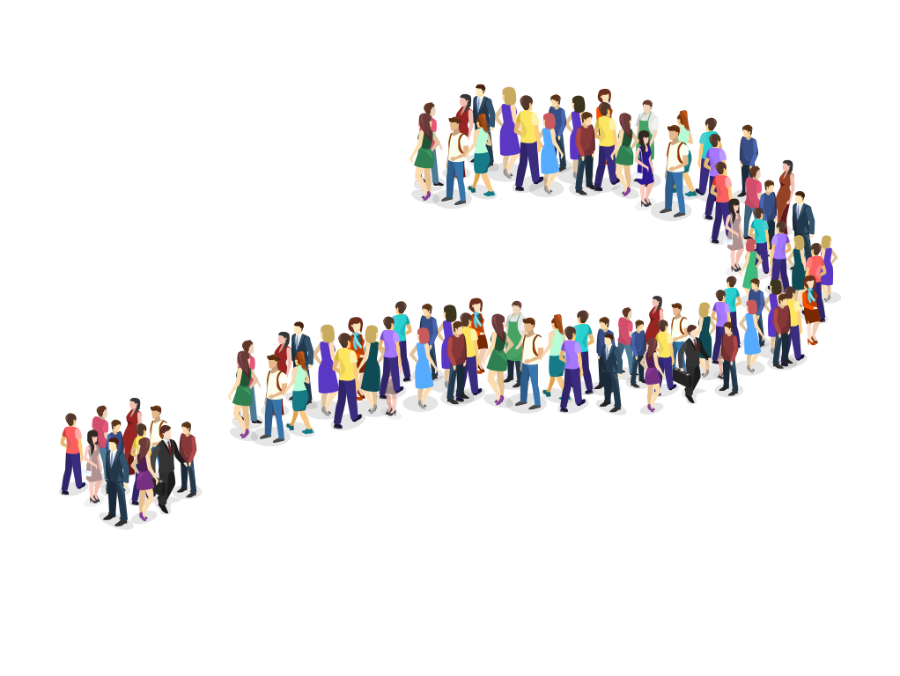
Academy
17.02.2026
Save the date: Symposium on choices for our health system
The SAMS has long been committed to the sustainable development of the Swiss health system. Within this context, the Academy is organizing a symposium on 24 September 2026 at the Eventforum Bern, focusing on the choices our society will have to make in the near future regarding our health system in order to address the growing human, financial, and environmental constraints.
During the symposium on 24 September 2026, the following questions, among others, will be discussed: Which decisions lie ahead? How can outcomes be measured meaningfully? How can high-value care be promoted? How can the risk of rationing be avoided? What role do patients and citizens play in the decision-making processes? Be sure to mark 24 September 2026 in your calendar. Information on registration and the program will be announced in our newsletter and on our website where you can already find background information on the topic.
Further information
SPHN
16.02.2026
Viktor Award 2025: Vote now for SPHN
The Swiss Personalized Health Network (SPHN) is one of five organizations nominated for the Viktor Award 2025 in the category «Pioneering Achievement in the Swiss Healthcare System». By voting for SPHN, you are recognizing the commitment of a large community of university and cantonal hospitals, universities, and research institutions throughout Switzerland.
Launched by the Swiss Confederation in 2017, SPHN is under the responsibility of the SAMS in collaboration with the SIB Swiss Institute of Bioinformatics. SPHN's mission is to provide a data infrastructure for research with health data. There are at least three good reasons why SPHN deserves the Viktor Award: SPHN laid the foundations for data-driven medicine in Switzerland, connected a fragmented ecosystem and delivers lasting impact for patients and the healthcare system. Public voting is open until 2 March 2026.
Visit the website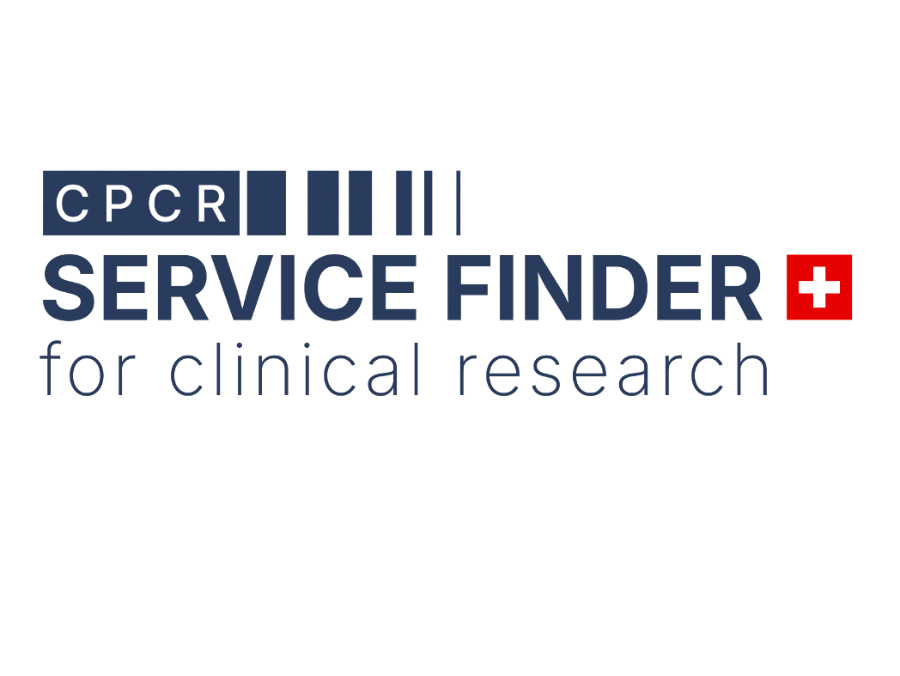
Projects
12.02.2026
CPCR Service Finder for clinical research: a new tool to access services across organizations
The CPCR Service Finder, a new collaborative, user-friendly tool, has been developed by the national Coordination Platform Clinical Research (CPCR) with the technical expertise of Swiss Biobanking. It allows to browse among services from the main national research infrastructures, and to identify whom to approach for support, in one click.
As host of the CPCR, the SAMS is pleased to announce the launch of the CPCR Service Finder. It is a first tangible outcome of the CPCR – whose mission is to foster synergies among organizations conducting and supporting clinical research in Switzerland – the CPCR Service Finder helps academic researchers, study coordinators, data managers, and biobank professionals identify which national infrastructures can provide relevant expertise, data, or resources at different stages of their projects.
Visit the website
Funding
06.02.2026
Call for applications: For Women in Science Program
«For Woman in Science» is the result of the cooperation between UNESCO and L'Oréal. Since 1998, these two partners have been promoting women in science, fostering gender equality and highlighting the visibility of women in research as role models. The Swiss Program was launched in 2025 in partnership with the Swiss Academy of Engineering Sciences (SATW). Following last year's success, the partners continue the program with the 2026 edition.
For this second edition, the program will award a total of CHF 100’000 distributed in 4 endowments of CHF 25’000 each to postdoctoral female researchers conducting exceptional work in science, technology, engineering, and mathematics (STEM) in Switzerland. The call for applications is also open to medical professionals. Registration is possible until 15 March 2026. Further information can be found on the SATW website.
Visit the website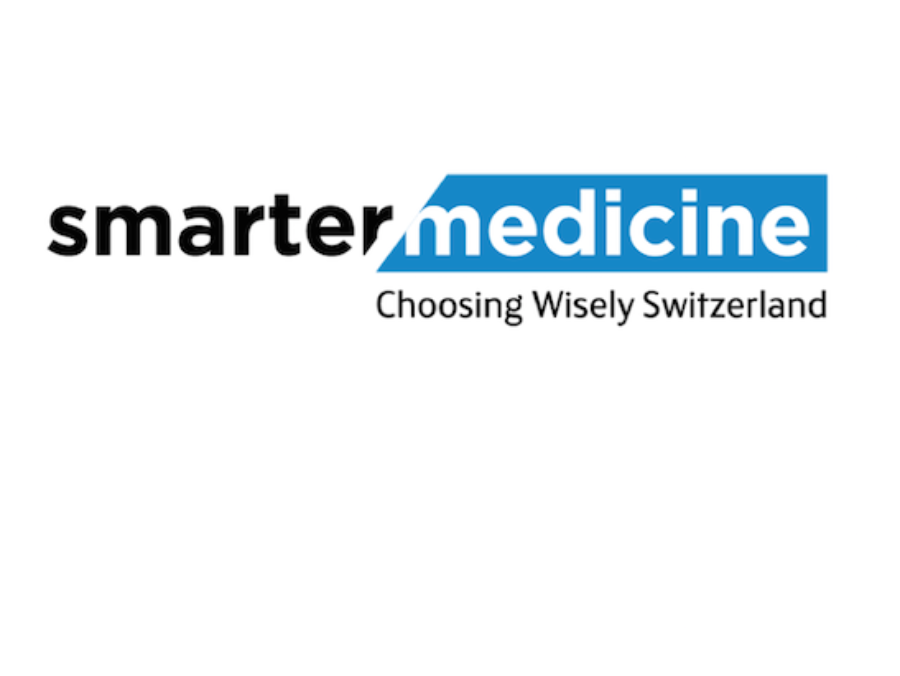
Projects
04.02.2026
smarter medicine: Top 5 list on headaches published
The association «smarter medicine – Choosing Wisely Switzerland», of which the SAMS is a member, is committed to providing optimal healthcare in Switzerland. It encourages professional societies to draw up Top 5 lists defining interventions that should be avoided altogether or only used under specific conditions. In February 2026, the Swiss Headache Society (SHS) published such a list.
The SHS makes the following five recommendations: Generally not advisable are repeated MRI scans for headaches which do not evolve, CT scans for non-acute symptoms, tooth extractions for persistent facial pain, the removal of amalgam fillings for pain treatment, and migraine surgery. The aim is to avoid unnecessary examinations and risky therapies and to improve treatment based on evidence. You can download the SHS Top 5 list here (in French); all other lists are available on the smarter medicine website (in French or German).
Top 5 list, French version (PDF)
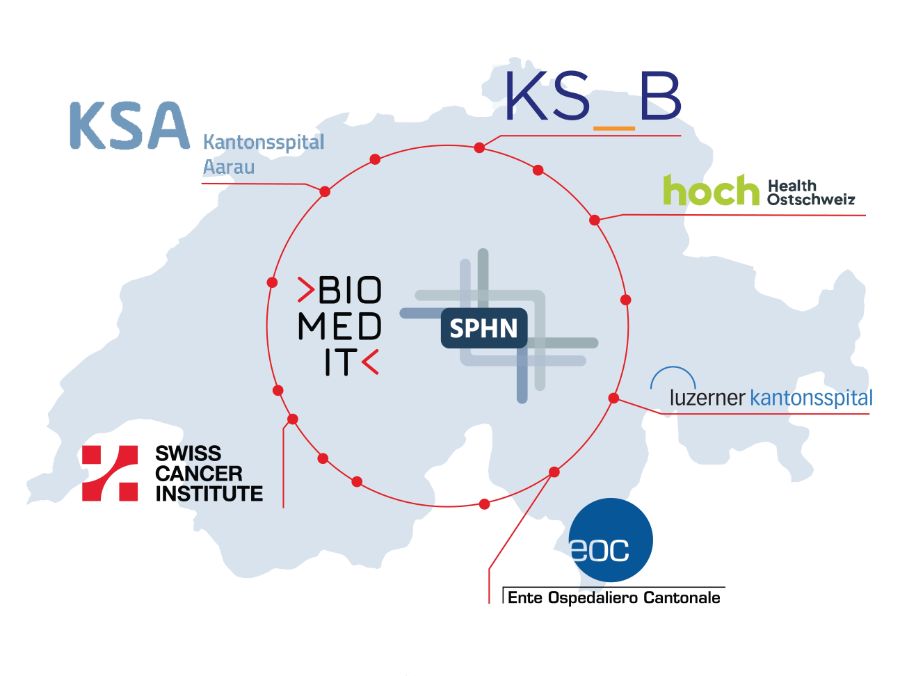
SPHN
03.02.2026
New healthcare institutions onboarded to SPHN
Six new healthcare institutions have been onboarded to the Swiss Personalized Health Network (SPHN). These include five cantonal hospitals and the Swiss Cancer Institute, which are now ready to contribute clinical data to multi-site research projects in personalized medicine. This is a key achievement in the ongoing effort to extend and standardize health data exchange across Swiss healthcare institutions.
The newly onboarded institutions currently provide – to various degrees – a standardized minimal dataset covering demographics, diagnoses, procedures, medications, laboratory tests, etc. The connection to the Swiss Cancer Institute further strengthens oncology research. Now, standardized datasets from Swiss cancer patients can be shared in the SPHN format. These developments are paving the way for collaborative, data-driven research and ultimately, for more personalized and effective patient care. More Information can be found on the SPHN website.
Visit the website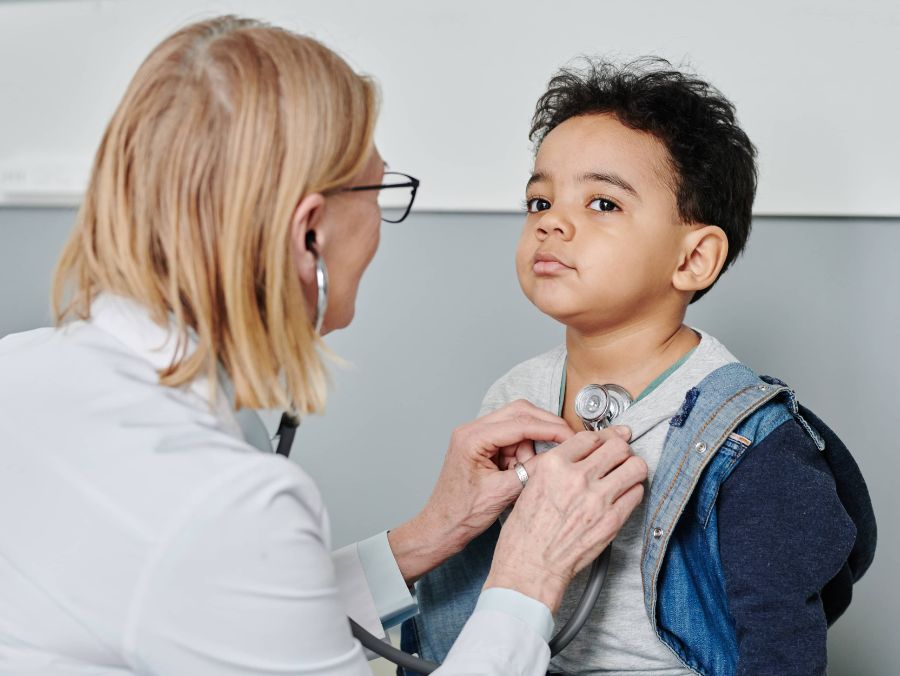
Funding
02.02.2026
New funding program: Research in migration and health
In December, the Stanley Thomas Johnson Foundation and the SAMS launched the funding program «Research in migration and health». Its goal is to promote equitable access to healthcare for vulnerable migrants in Switzerland and to strengthen research capacity and cooperation between research groups. The submission deadline is 1st June 2026
Despite a growing research activity in migration and health in Switzerland in the past years, research is still largely dispersed across disciplines and institutions. To address this gap, the Stanley Thomas Johnson Foundation is providing CHF 2.7 million over a period of three years. The program funds project grants that encourage collaboration between research groups and disciplines. Priority is given to intervention studies aimed at improving health care provision. Detailed information can be found on our website.
Regulations of the funding program (PDF)
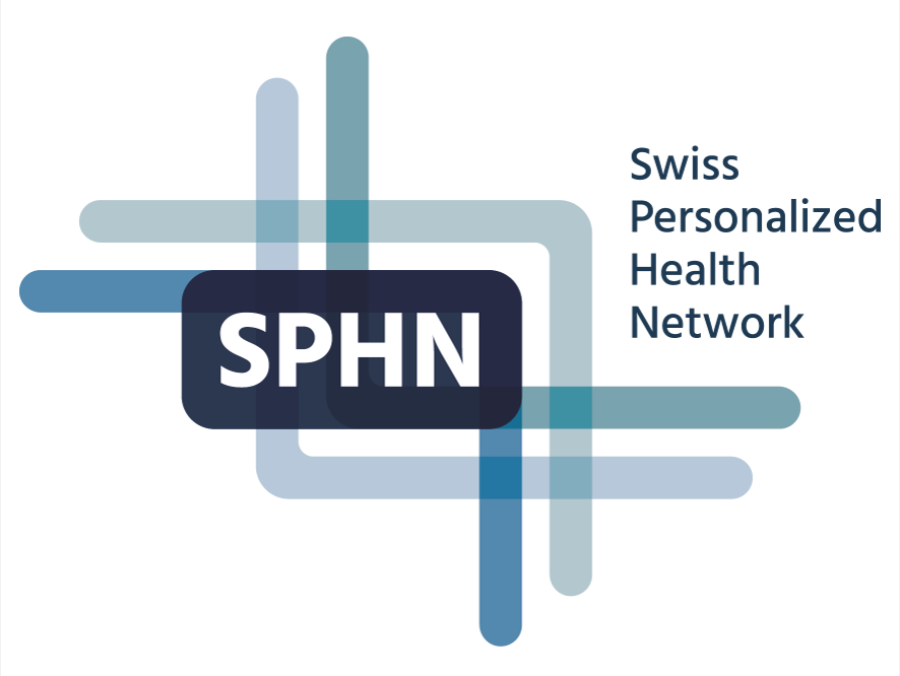
SPHN
27.01.2026
SPHN: Clinical data from 800’000 patients unlocked
After eight years of coordinated effort, the Swiss Personalized Health Network (SPHN) released the metadata of a uniquely rich national clinical dataset, spanning more than 800’000 patients and billions of semantically harmonized data points across diagnoses, procedures, labs, medications, vital signs, and more. Researchers can now easily discover what data exists in Switzerland and how to access it.
Since 2018, SPHN has built a national data infrastructure that enables healthcare institutions to harmonize clinical routine data without centralizing sensitive patient information. The publication of the SPHN Federated Clinical Routine Dataset marks a significant step toward a more connected and interoperable Swiss health data ecosystem. It provides a foundational resource for researchers, clinicians, and innovators seeking to plan studies, design data-driven solutions and ultimately advance personalized health and patient care in Switzerland. More information can be found on the SPHN website.
Visit the website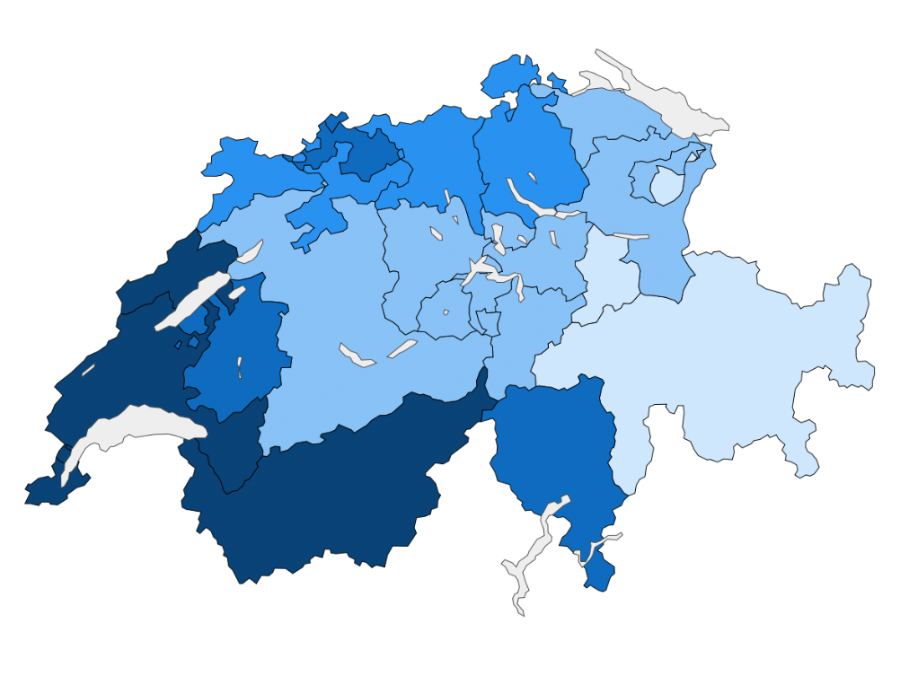
Funding
23.01.2026
Update of the Swiss Health Care Atlas with data for 2024
Published by the Swiss Health Observatory (Obsan), the Health Care Atlas documents the use of healthcare services based on over 100 indicators, ranging from ADHD medication to cardiac catheterization and radiotherapy. Obsan recently announced that the Healthcare Atlas has been updated with data for the year 2024.
A comprehensive description of geographical patterns in the use of health services provides an important basis for improved planning of our healthcare system and for political decision-making. The SAMS had co-financed the first version of the Atlas and continues to promote its use. Visit the website for detailed information on this valuable resource and its latest developments.
Visit the website
Academy
16.01.2026
Call for nominations: Marcel Benoist Prize in the field of life sciences
Awarded annually since 1920, the Swiss Science Prize Marcel Benoist recognizes a scientist whose work has had a significant impact on human life and society. In 2026, the Prize, endowed with CHF 250’000, will be awarded in the field of life sciences (biology and medicine). Nominations can be submitted until 23 February 2026.
The Marcel Benoist Swiss Science Prize is Switzerland’s most prestigious research prize. On behalf of the Marcel Benoist Foundation, the Swiss National Science Foundation (SNSF) is responsible for evaluating all nominees and selecting the winner on behalf of the Foundation’s Board. Detailed information on the nomination criteria and conditions can be found on the Foundation’s website.
Visit the website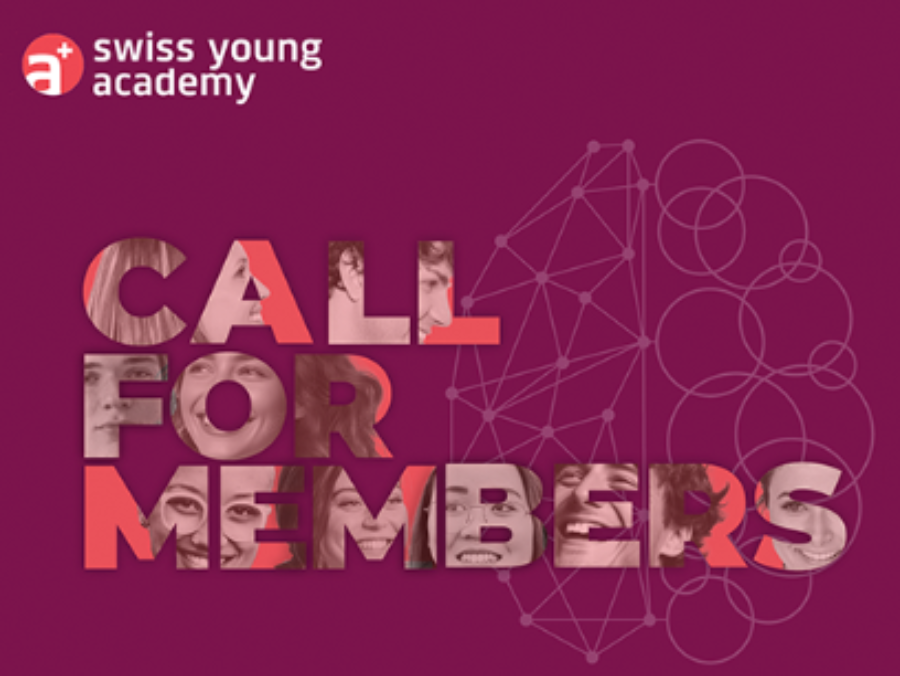
Academy
09.01.2026
Become a member of the Swiss Young Academy
The Swiss Young Academy (SYA) brings together young researchers from a wide range of scientific disciplines. It creates an inspiring environment for inter- and transdisciplinary exchange. The current call for applications, with submission deadline on 28 February 2026, offers the opportunity to apply for a five-year membership.
The Swiss Young Academy consists of members from different scientific disciplines and universities. They are regarded as the young voice of the Swiss Academies of Arts and Sciences and can raise concerns relevant to the next generation of researchers. Would you like to become actively involved in Switzerland's largest scientific network? Individuals with a background in medical sciences are welcome to apply. Please visit the JAS website for more information on the requirements and application procedure.
Visit the website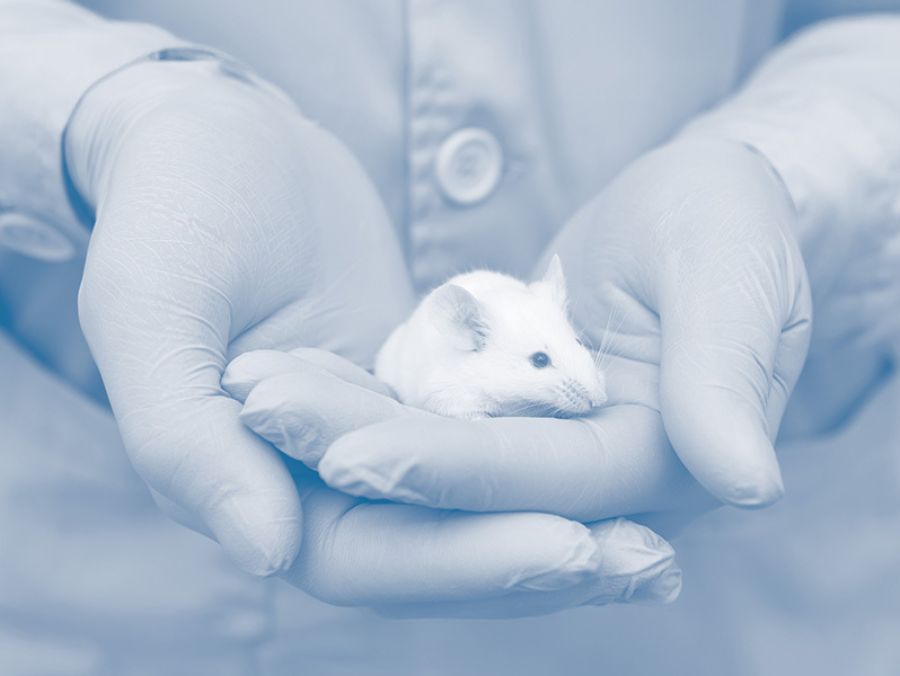
Academy
08.01.2026
ECAE: New President and revised by-laws
The Ethics Committee for Animal Experimentation (ECAE) is a joint commission of the SAMS and the Swiss Academy of Sciences (SCNAT). It acts as an expert and advisory body in the field of animal experimentation. At its meeting in November 2025, the SAMS Senate elected Prof. Michael Hottiger, Zürich, as chair of the ECAE. It also approved the entry into force of the revised by-laws. These describe the Commission’s composition, define the processes and clarify the roles of the two Academies.
Prof. Michael Hottiger will assume the role of President in summer 2026. In the meantime, Prof. Michael Schmid, Vice-Chair of the ECAE, will serve as interim chair. The Academies would like to express their sincere thanks to Prof. Hanno Würbel for his excellent presidency (2018–2025). Under his leadership, the ECAE achieved many major milestones, such as the revision of the «Ethical Guidelines for animal experiments», the «Weighing of interests for proposed animal experiments» and the development of a document on possible reforms to the authorization procedure. Further information about the ECAE, its activities, and its publications can be found on our website.
By-laws, French version (PDF)
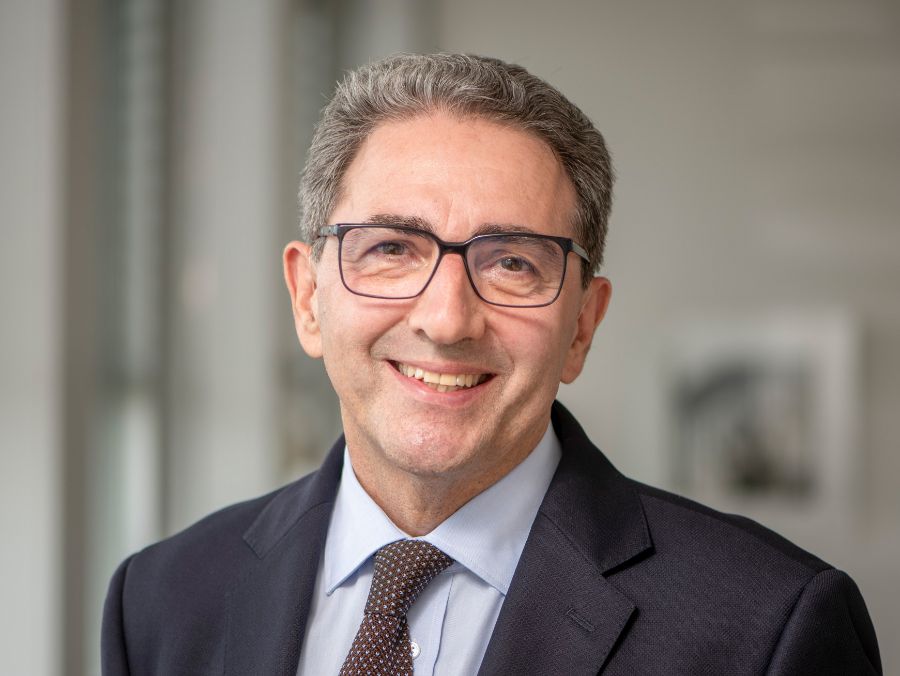
Academy
05.01.2026
«The Health Insurance Act is a law about money flows, not about health»
At the end of the year, CH Media spoke with Arnaud Perrier, President of the SAMS, about rising healthcare costs, increasing administrative responsibilities, and other challenges within the healthcare system. Prof. Perrier advocates for easily accessible primary care organized through networks and a better distribution of tasks between doctors and nurses. He also explained why Switzerland needs an article on health in the Constitution.
«The Health Insurance Act is a success story. For 30 years, it has guaranteed insurance coverage and basic services for everyone. However, it is a law about money flows, not about health. Therefore, it is not suitable as a framework for a national health strategy.» Read the CH Media interview to learn why Switzerland needs such a strategy, what key points it could contain, and why it should not be equated with centralization of the system. The full article, published in various Swiss German newspapers, is also available on the online platform «watson».
Visit the website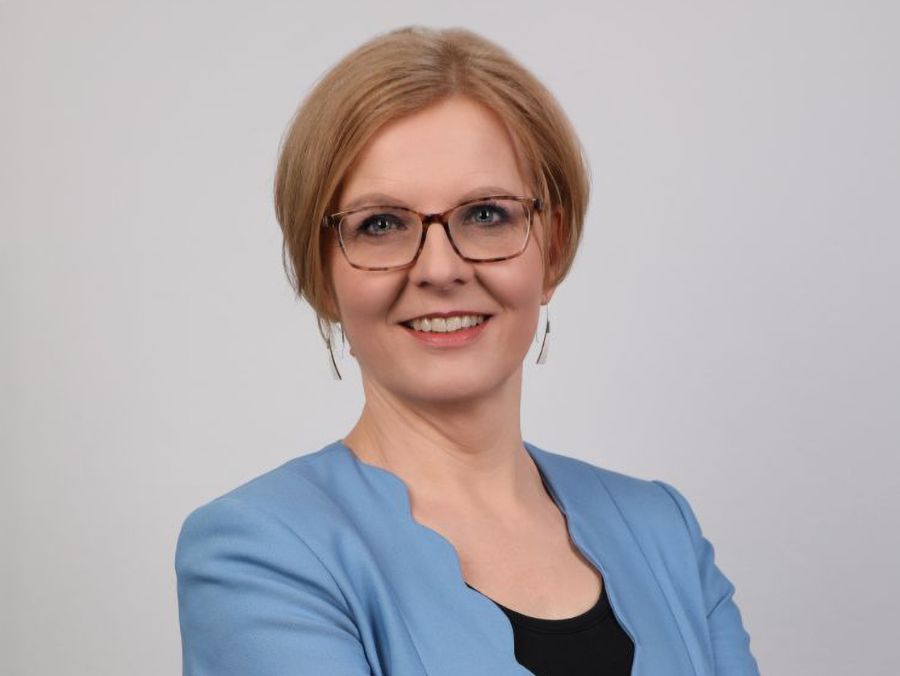
Ethics
02.01.2026
Regina Aebi-Müller: Second Vice President of the Central Ethics Committee
The Central Ethics Committee (CEC) of the SAMS identifies and discusses ethical challenges in medicine. Together with its subcommittees, it releases medical-ethical guidelines and publishes position statements on current issues. The CEC comprises physicians from various specialties as well as experts in nursing, ethics and law. As of 1 January 2026, the Committee will have a second Vice President: Professor Regina Aebi-Müller, a long-standing member of the CEC, has been elected to the Board.
The CEC generally meets four times a year. Between these meetings, the Board – consisting of the President, the two Vice Presidents, and the Head of the Ethics Department – convenes to ensure that urgent matters are addressed promptly and that the full-day CEC sessions are thoroughly prepared and appropriately followed up. Detailed information about the tasks and functioning of the CEC can be found in the regulations, available in French and German, and on our website. A complete list of members is also available there.
CEC Regulations, French version (PDF)

Academy
18.12.2025
The SAMS as a bridge between science and society
For science, for medicine, for society – the SAMS remains true to its motto. But society is changing, and the Academy must evolve with it. What are the practical implications for our activities? In the final newsletter of the year, President Arnaud Perrier shares his personal perspective on this question. We hope you enjoy reading it and wish you a happy holiday season!
After his first year as President of the SAMS, Arnaud Perrier asks himself: Is it time to change our name to «Academy of Health Sciences»? His answer is no. Our primary vocation is to remain an Academy of Medicine. Yet public health is part of our mission, and addressing it is an ethical duty. Moreover, we are not just an Academy for physicians. We promote interprofessionality and the development of collaborative teams to serve patients. Read our newsletter, available in French and German, to find out more.
Further information
Funding
17.12.2025
National MD-PhD Program: 18 fellowships thanks to new partners
This year, the National MD-PhD Program is enabling 18 talented young physicians to pursue a doctorate in natural sciences, clinical research, or public health at one of the universities associated with the program. These awards conclude the first evaluation round run entirely at the national level. They are made possible thanks to the generous support of new partners. The next call for proposals will be launched in early 2026, with a submission deadline on 15 May 2026.
The MD-PhD fellowships cover the recipients' salaries and are funded this year by the Faculty Pool (joint funding by the faculties associated with the program), the SAMS, and several private foundations and partner organizations for a total amount of over CHF 3 million. Half of the fellowships go to clinical research projects, reflecting the steady increase in demand in these disciplines. The grantees are listed in the synopsis. Information on the program partners and evaluation procedure is available on our website.
Synopsis of grantees (PDF)

Funding
12.12.2025
Young Talents in Clinical Research: 15 grants awarded
With the Young Talents in Clinical Research program, the Gottfried and Julia Bangerter-Rhyner Foundation and the SAMS encourage young medical doctors to start out in clinical research. At the end of the 2025 call for applications, 15 talented clinicians are supported with a total amount of CHF 1'049'647. For the first time, Dementia Research Switzerland – Synapsis Foundation is contributing by funding a grant in the field of neurodegeneration.
This year, 14 persons receive «Beginner Grants» for protected time for research during their clinical residency. In addition, one person is awarded a «Project Grant» to consolidate the expertise acquired during the «Beginner Grant» and to realize her own research project. The next call for applications will be launched in March 2026. For more information about the program, please visit our website.
List of grantees (PDF)
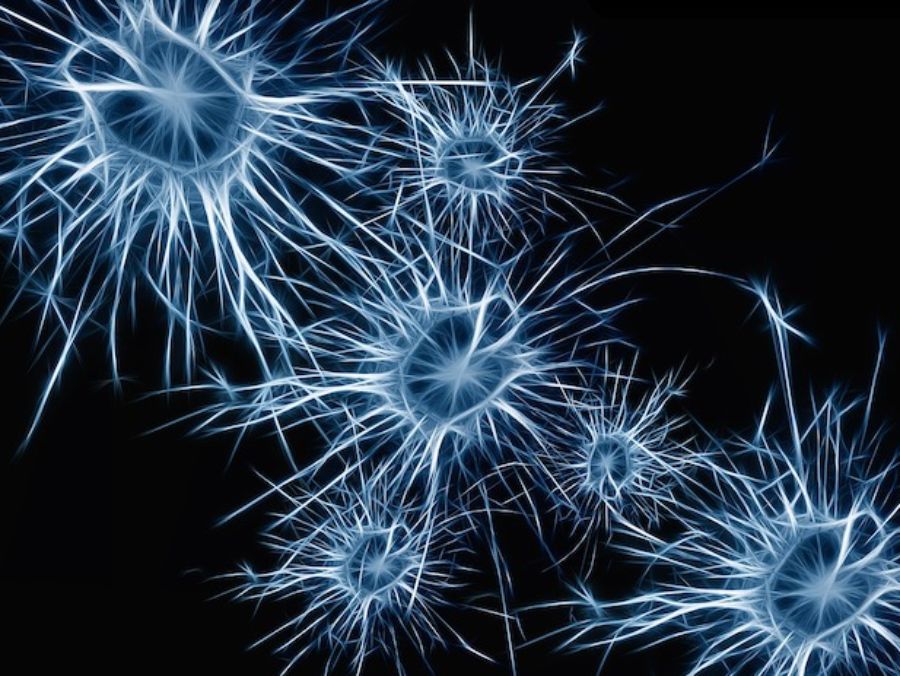
Funding
09.12.2025
Neurosciences: Call for nominations for the Robert Bing Prize
Every two years, the SAMS awards the Robert Bing Prize in neurosciences. The Prize is financed from the legacy of Basel neurologist Robert Bing. In accordance with the founder's wishes, it is aimed at young researchers in neuroscience. The Prize honours outstanding work in the recognition, treatment and cure of diseases of the nervous system. The deadline for nominations is 9 March 2026.
The Prize money is CHF 50’000 for a single laureate or CHF 30'000 each if two Prizes are awarded simultaneously. Nominations can be submitted by a third party or an academic institution. Details are set out in the regulations. Further information and the nomination form can be found on our website.
Prize Regulations, French version (PDF)

Funding
09.12.2025
Call for nominations: Stern-Gattiker-Prize for women in academic medicine
Every two years, the SAMS awards the Stern-Gattiker Prize to a female medical scientist who acts as a role model in academic medicine and motivates young people to pursue such a career. The Stern-Gattiker Prize is endowed with CHF 15’000. The deadline for nominations is 9 March 2026.
The nomination procedure has been updated. It now follows the same procedure as for the other SAMS scientific prizes. Nominations can be made by third parties or by an academic institution – newly bundled in a single form. Detailed information and the nomination form can be found on our website.
Prize regulations, French version (PDF)
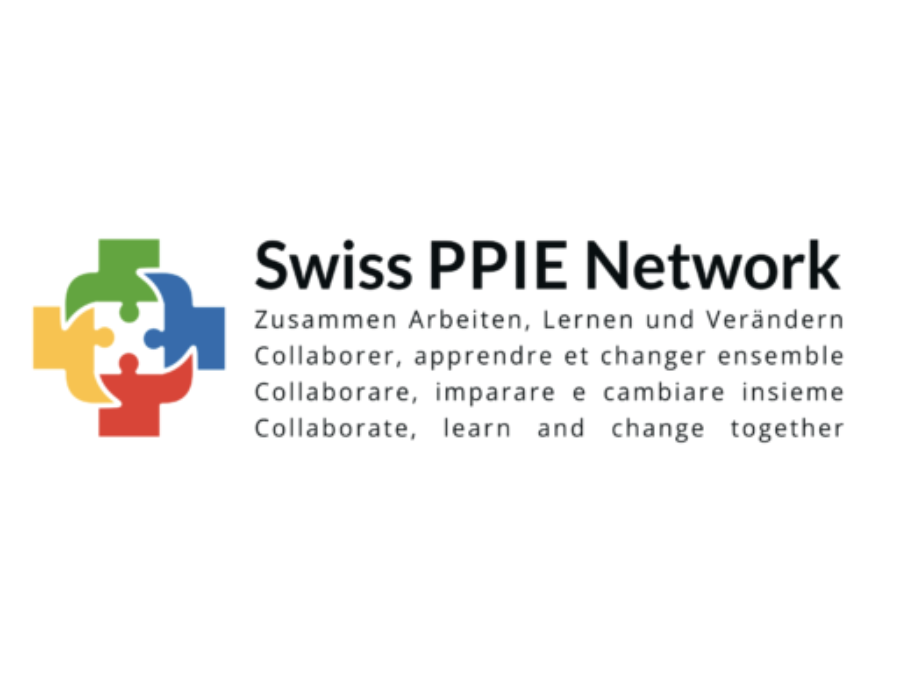
Projects
03.12.2025
Swiss PPIE Network: the SAMS is a founding member
The Swiss PPIE Network was launched on 22 November 2025 as a non-profit association whose mission is to promote patient and public involvement and engagement (PPIE) in healthcare. Its founding members include representatives of patients, interested citizens, and institutions, including the SAMS.
The Swiss PPIE Network aims to strengthen and anchor the participation and influence of patients, relatives, and representatives of the general public in all areas of healthcare, namely care, research, education, and policy. It will work to support existing projects and promote new initiatives. You can find more information in the new association’s press release.
Download media release (PDF)
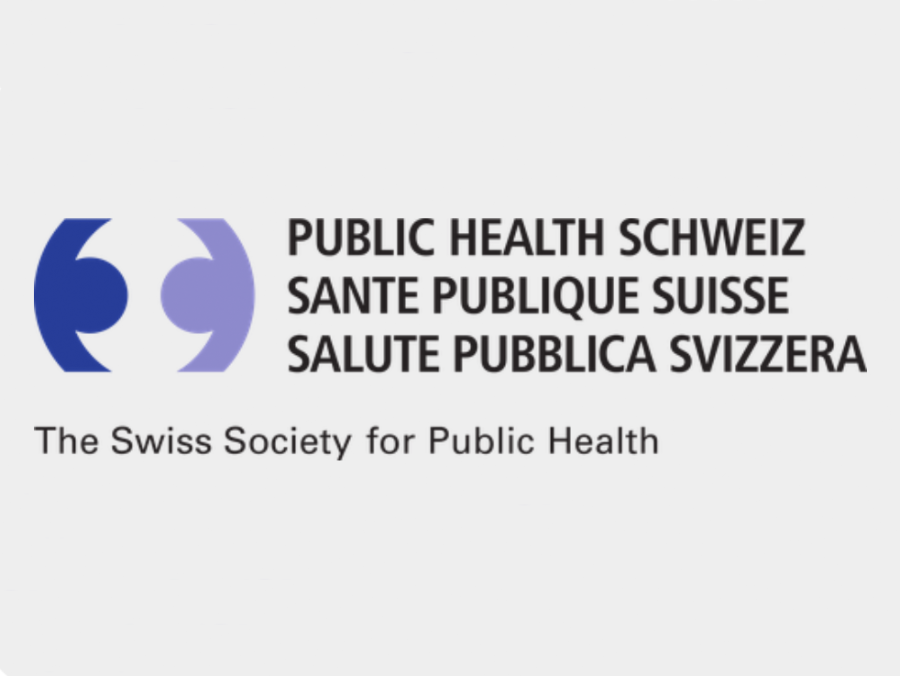
Agenda
02.12.2025
Swiss Public Health Conference 2026: Call for Abstracts
«Public Health and the Beauty of Complexity» is the motto of the 2026 Swiss Public Health Conference. The call for abstracts is now open to all interested parties, including those from the fields of research, practice, politics and patient advocacy, until 1 February 2026.
While complexity is often seen as a challenge, in public health it is a strength. It reflects the richness of human lives, the diversity of the systems and perspectives involved, and the need for dialogue across disciplines and sectors. This year's conference, which the SAMS is participating in as a partner, aims to encourage the formulation of new questions. Do you have ideas? Information about the conference and the call for abstracts can be found on the event page.
Visit the website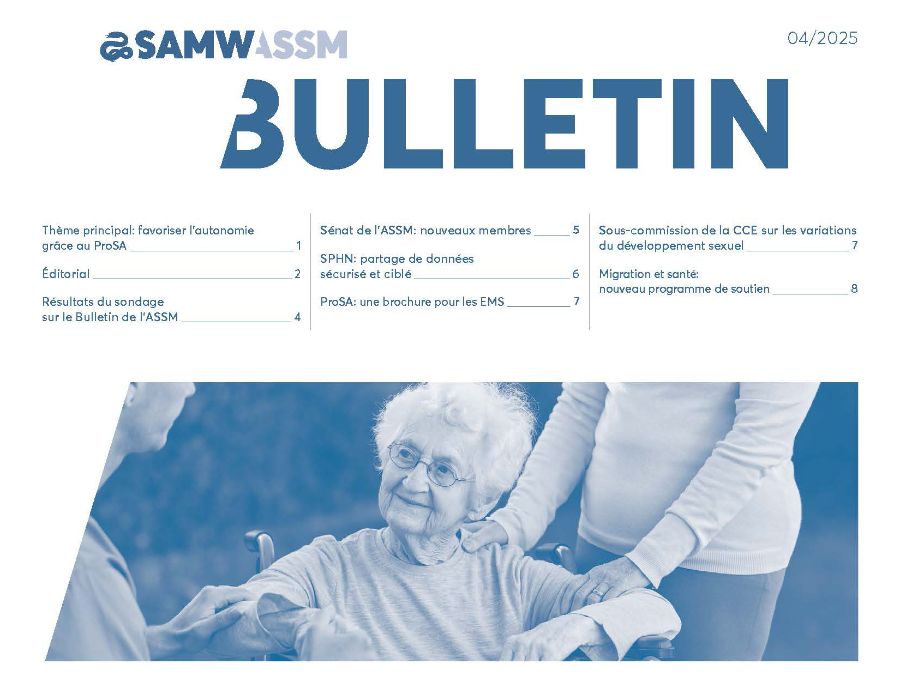
Publications
28.11.2025
Strengthening self-determination through advance care planning
What happens if we lose our capacity to make decisions due to accident or illness? Advance care planning (ACP) means addressing such questions beforehand in order to preserve self-determination and autonomy even when you are no longer able to make decisions for yourself. In the main article of the SAMS Bulletin, Prof. Miodrag Filipovic explains why ACP goes beyond the traditional advance directive.
The Bulletin 4/2025 also provides information on various new developments: the brochure to strengthen ACP in retirement and nursing homes, the subcommittee on «Differences of sex development», and the funding program «Research on Migration and Health». Information from the SAMS Senate, SPHN, as well as the results of the bulletin survey, complete this issue.
SAMS Bulletin 4/2025, French version (PDF)
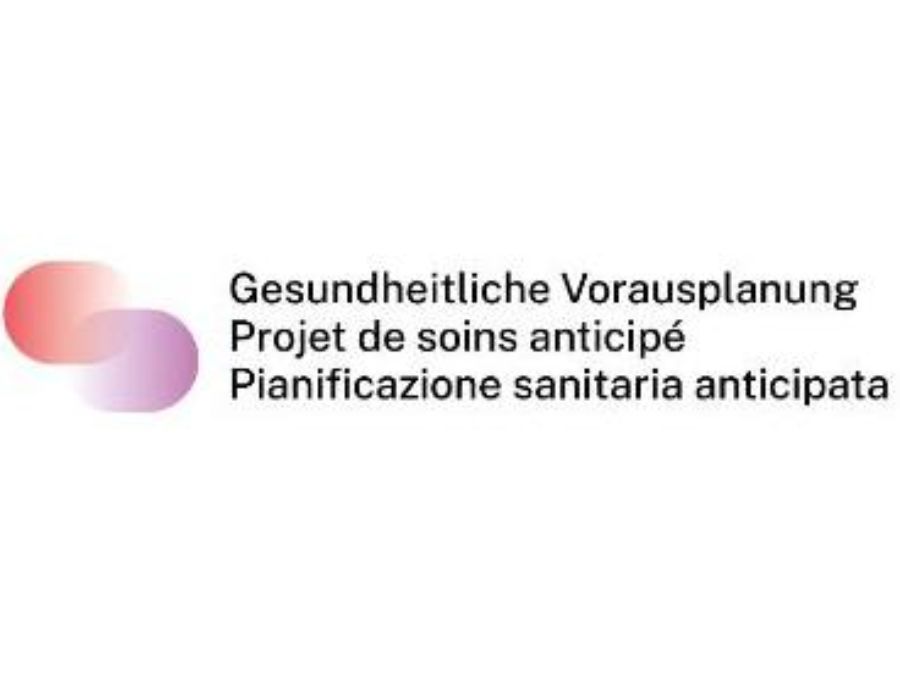
Ethics
27.11.2025
Public consultation: Advance care planning for emergency situations
Medical emergencies require swift action. At the same time the patient’s wishes must be taken into account, for example the wish not to be resuscitated or transferred to a hospital. To provide clarity in such situations, a national expert group has developed the concept «Advance care planning (ACP) for emergency situations». The concept is under public consultation until the end of February 2026.
The most common ACP document is the advance directives. Some templates include a set of instructions for emergency situations. If this is not the case, a separate form can be a useful addition. The national expert group proposes the development of a nationwide standardised ACP emergency form and has formulated related recommendations in a concept. As part of a public consultation, all interested persons and institutions are invited to submit their comments. Further information and all necessary materials are available on our topic page.
Download concept, French Version (DOCX)

Projects
20.11.2025
New federal law on rare diseases: position statement
As a founding member of the National Coordination of Rare Diseases (kosek), the SAMS supports the umbrella organization's position statement on the new federal law on measures to combat rare diseases. The text provides, among other things, for the creation of a register and the granting of financial aid for the identification and monitoring of specialized care facilities.
Like kosek, the SAMS sees this long-awaited new legal basis as an important step towards improving the care and quality of life of some 500,000 people affected in our country. However, it regrets that measures to address gaps in care have been excluded from the law: on the one hand, the reimbursement of costs incurred by individuals and institutions subject to the obligation to report rare diseases and, on the other hand, coordination costs at the level of hospitals and networks. You can download the kosek position statement below.
Position statement, French Version (PDF)

SPHN
19.11.2025
SPHN publication with insight into data governance at university hospitals
Aiming to share knowledge and advance data sharing across the country, SPHN has published a report on data governance practices for data sharing at all five university hospitals in Switzerland. The analysis sheds light on how individual institutions process requests for health data access and on what grounds decisions are taken.
Local data governance bodies within health data providing institutions play a central role in shaping the secondary use of routine health data. The report «Exploring Data Governance for Data Sharing at Swiss University Hospitals» describes relevant commonalities and portrays future challenges in governance practices relating to the secondary use of data. This publication aims to increase transparency and share knowledge to further enable efficient and fair data sharing across interested parties. Read more in the PDF and on the SPHN website.
Download the report (PDF)

Ethics
12.11.2025
Forcible Deportations: Disclosure of medical data
With regard to forcible deportations, physicians are legally obliged to share relevant health data to enable the assessment of transportability of the persons affected. As of January 1, 2026, a standardised nationwide report form will be introduced in Switzerland for this purpose. The aim is to ensure the disclosure of medical data in compliance with legal requirements.
Medical confidentiality under Article 321 of the Swiss Criminal Code must also be respected in the context of the enforcement of deportations orders. If the affected person refuses to give consent to data disclosure, a release from medical confidentiality is to be requested. The FMH, the Conference of Swiss Prison Doctors and the SAMS explicitly recommend this. Today the three institutions published a comprehensive article in the Swiss Medical Journal (Bulletin des médecins suisses, BMS). Further information and the new medical report form can be found on our topic page.
Download BMS article in French (PDF)

Projects
12.11.2025
smarter medicine: Top 5 list for pediatric surgery
The association «smarter medicine – Choosing Wisely Switzerland», of which the SAMS is a member, is committed to providing optimal healthcare in Switzerland. It encourages professional societies to draw up Top 5 lists defining interventions that should be avoided altogether or only used under specific conditions. In November 2025, the Swiss Society for Pediatric Surgery (SSCP) published such a list.
In its Top 5 list, the SSCP advises against surgical intervention for uncomplicated or asymptomatic clavicle fracture, umbilical hernias, phimosis or popliteal cysts. Whole-body computed tomography scans after accidents should also be used with caution. Many of these situations can be treated without surgery or with less invasive procedures. The aim is to promote child-friendly, safe and responsible treatment. You can download the SSCP's Top 5 list here (in French); all other lists are available on the smarter medicine website (in French or German).
Top 5 list, French version (PDF)

Funding
06.11.2025
Swiss Health Care Atlas: Understanding regional differences and improving quality
In Switzerland, the use of healthcare services is not uniform across the country, as illustrated by the Swiss Health Care Atlas. This digital map highlights many regional differences that require closer examination. Significant differences may indicate, for example, overuse or under-provision of care. The SAMS has supported a dialogue project that uses the «treasure trove» of the Swiss Health Care Atlas to gain insights into the quality of healthcare and derive measures.
Published by the Swiss Health Observatory (Obsan), the Health Care Atlas documents the use of healthcare services based on over 120 indicators, ranging from ADHD medication to cardiac catheterization and radiotherapy. Regional differences were discussed with representatives of the population, the medical profession, research, health insurance companies and health authorities, and measures for improving quality were outlined. The action plan published in October by Interface summarizes the results (in French, German and Italian). The Swiss Health Care Atlas can be found on the Obsan website.
Action plan, French version (PDF)
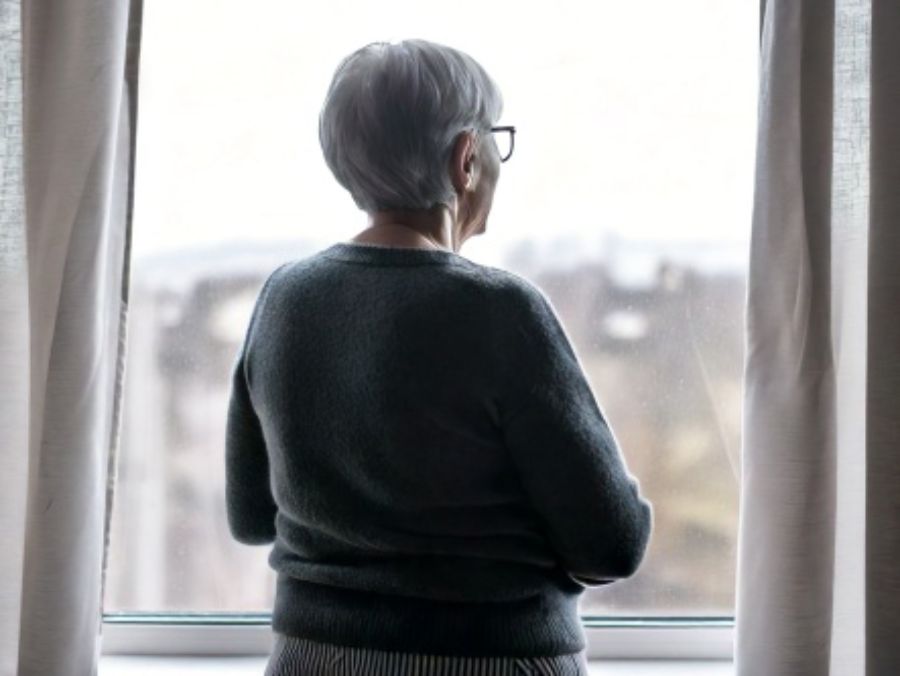
Ethics
20.10.2025
Organ donation after assisted suicide? Interview with CEC President Paul Hoff
The number of assisted suicides is on the rise. In some cases, people who intend to end their lives wish to donate their organs after death. Organ donation and assisted suicide have been practised independently of each other in Switzerland for years, combining both practices, however, raises numerous new medical-ethical questions. In an interview with the Tages-Anzeiger, Paul Hoff, president of the Central Ethics Committee (CEC) of the SAMS explains why he considers an in-depth discussion important.
In August, the CEC published a position statement on organ donation after assisted suicide. Asked about the most important point of the statement, Paul Hoff replies: «For me it is the autonomy of those affected, their self-determination.» The donor had thought thoroughly about the issue and clearly expressed his wishes shortly before his death. «This is usually not the case when it comes to organ donation.» Apart from this positive aspect, Hoff points to numerous sensitive issues, ranging from professional ethics questions to organizational questions. Find out more about the topic in the interview published today (in German) and on our website.
Download the interview (PDF)
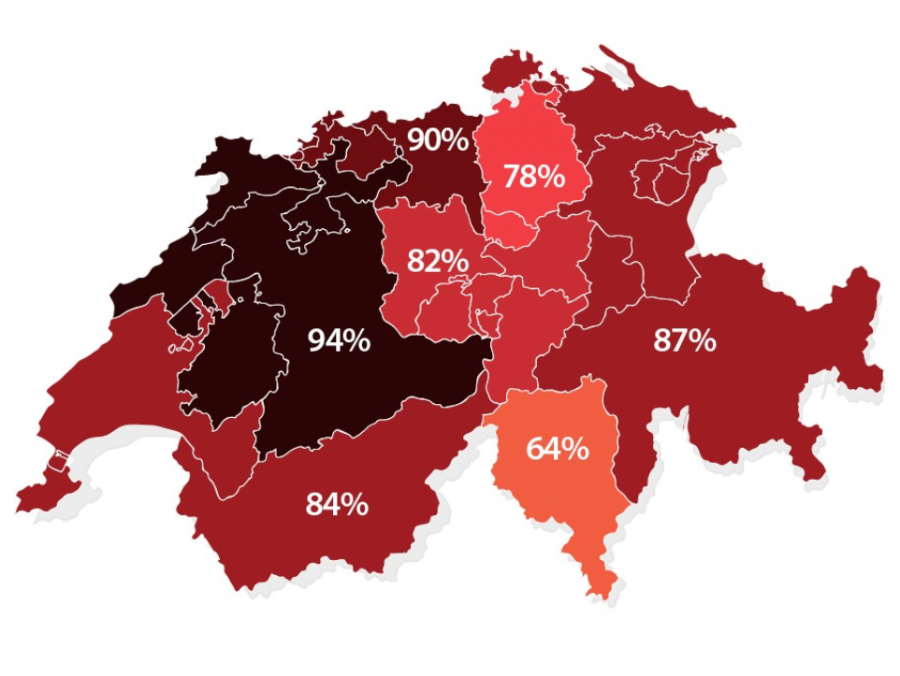
Projects
16.10.2025
Need for action in family medicine and pediatrics
As part of its commitment to a sustainable healthcare system, the SAMS supports the professional association mfe in its «Workforce» study, which is conducted every five years. The results of the 2025 edition show that the shortage of pediatricians and general practitioners has worsened in recent years. An aging population, reduced working hours, and an increased administrative burden threaten basic medical coverage across the country.
Despite growing challenges, many respondents say they are very satisfied with their job, especially in group practices, where shared responsibilities and teamwork lighten the workload. However, it is alarming that a majority of respondents report a shortage of general practitioners in their region. The report outlines a series of measures to address this problem: reducing bureaucracy, digital innovation, intensifying the promotion of young talent, and funding additional initial and postgraduate training. Details of the study can be found in the latest issue of the online magazine mfe ACTU (in French).
mfe ACTU 1/2025 (PDF)

SPHN
14.10.2025
SPHN acts as a trusted partner between hospitals and private companies
A new collaboration framework within the Swiss Personalized Health Network (SPHN) allows private partners to transform Swiss health data into actionable insights while preserving patients’ privacy. The first project of this kind examines a risk factor for cardiovascular disease. SPHN has partnered with the Cantonal Hospital Aarau, the University Hospital Basel and Novartis.
The process is simple and privacy-preserving: Novartis has submitted a research question concerning a risk factor for cardiovascular disease. The hospitals transferred the necessary data in anonymized form to the Trusted Research Environment BioMedIT, where SPHN’s Data Coordination Center conducted the analysis and delivered aggregated results back to Novartis. No personal data is shared with the industry partner. With this new model, SPHN enables research collaboration while adhering to high ethical and data protection standards. Further information can be found on the SPHN website.
Visit the website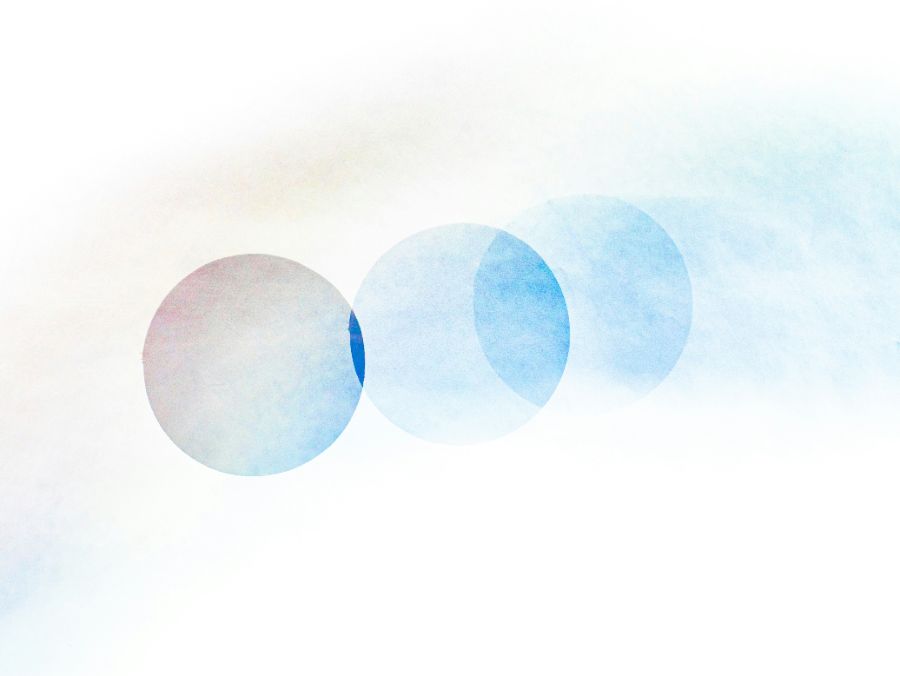
Ethics
25.09.2025
Work in progress on new guidelines: Differences of sex development
«Differences of sex development» (DSD) refers to cases where a person cannot be unequivocally assigned to the category of «male» or «female» on the basis of their physical characteristics. In such cases, complex medical-ethical questions arise. To provide guidance for practice, the SAMS has decided to develop guidelines and has set up a subcommittee for this purpose.
The subcommittee’s work began with a constituting session in August 2025. It includes not only specialists from the relevant medical disciplines but also persons with expertise based on lived experience, as well as experts in the fields of law, psychology and ethics. The complete composition of the subcommittee, information on the procedure for the preparation of guidelines and the medical-ethical questions can be found on our topic page.
Further information
Ethics
17.09.2025
ACP in retirement and nursing homes: Brochure available in three languages
Advance care planning (ACP) should be available to anyone interested, including those living in retirement and nursing homes. The brochure published today describes how ACP can be implemented in long-term inpatient care institutions. The aim is to support residents and determine how they would like to be treated and cared for in the event of incapacity.
ACP is a continuous process involving residents, professionals, and where available, relatives. The new brochure provides practical support for introducing and implementing ACP in retirement and nursing homes. It is particularly aimed at nurses, doctors and ACP consultants. In six steps, the when, what and how of ACP are described. Further information can be found on our topic page, where the brochure can be ordered in print or downloaded as a PDF (available in German, French and Italian).
Download brochure, French Version (PDF)

Academy
12.09.2025
Viruses as hope against antibiotic resistance
Antibiotic-resistant germs are posing an increasing problem for medicine. Phage therapy offers a ray of hope. Phages are viruses that only attack and destroy bacteria. This can be used as a therapy if a suitable virus is found for the disease-causing bacterium. A film commissioned by the Swiss Academy of Sciences (SCNAT) summarises the current state of knowledge on this subject.
In Switzerland, phages may currently only be used in emergencies. But how does phage therapy work? Where is it already being used? And what are its limitations? These questions and more are answered in the film «Phage therapy – medicine goes viral» by science journalist Thomas Häusler. Following its premiere in Bern, the film is now available to watch on the SCNAT Youtube channel.
Visit the website
Projects
02.09.2025
Invitation to test the new «Service Finder for Researchers»
A new tool called the «Service Finder for Researchers» has been developed within the National Coordination Platform Clinical Research (CPCR) thanks to the technical expertise of the Swiss Biobanking Platform (SBP). The tool, which encompasses four national research infrastructures, is designed to help researchers navigate the complex world of clinical research.
Thanks to the use of a common vocabulary, the tool enables users to explore the range of available resources and to quickly find the right contact person depending on their needs. Following an internal test phase, the tool is now ready for beta testing. If you are interested in trying out the «Service Finder for Researchers», please register on the SBP website. You will be given access between September 15 and 30, allowing you to contribute to this important project.
Registration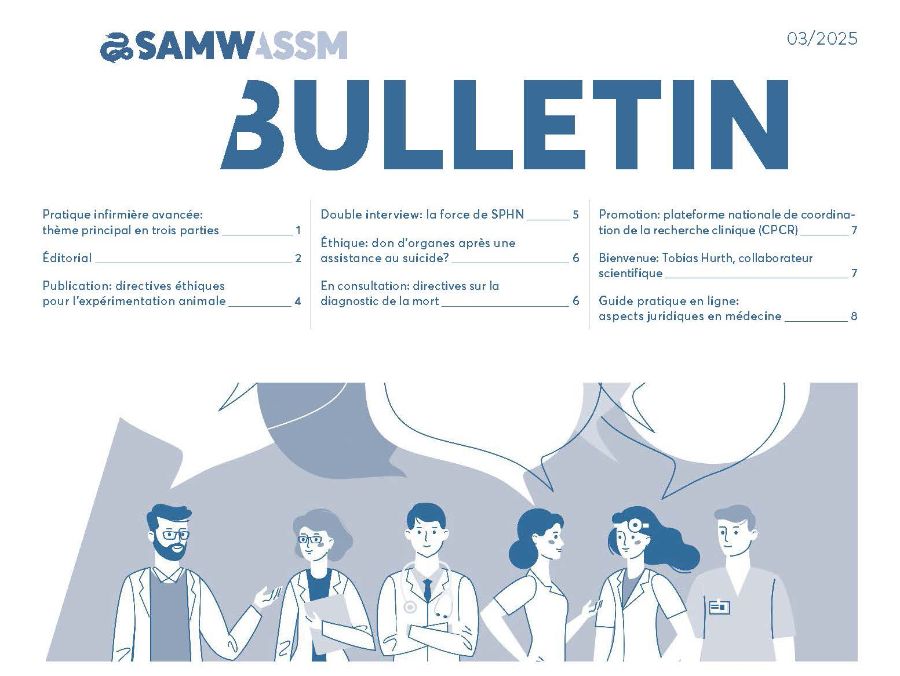
Publications
26.08.2025
Advanced Practice Nurses: What role do they play in Switzerland?
The SAMS Bulletin 3/2025 focuses on the nursing professions and highlights the roles of advanced practice nurses (APNs), which remain relatively underdeveloped in Switzerland. A report commissioned by the SAMS aims to promote an informed debate on this complex issue. In this Bulletin, the author Urs Brügger summarizes the most important findings and two members of the SAMS Executive Board contribute their perspectives from the fields of medicine and nursing sciences.
The Bulletin 3/2025 also presents the revised ethical guidelines for animal experiments, outlines the continuation of the Coordination Platform Clinical Research (CPCR) and highlights issues surrounding organ donation after assisted suicide. It also contains a comprehensive double interview on the strengths and challenges of the Swiss Personalized Health Network (SPHN). Last but not least we would like to thank you for your active participation in our survey on the bulletin. The responses are currently being evaluated and will be presented in a later issue.
SAMS Bulletin 3/2025, French version (PDF)

Projects
14.08.2025
Innovation Qualité: a prize to promote quality in healthcare
The «Innovation Qualité» Prize of the Swiss Academy for Quality in Medicine (ASQM), a FMH-related organisation, is intended to highlight tried and tested projects, make knowledge in the field more visible in Switzerland and provide innovative impetus for debate among specialists. The SAMS supports this prize.
Projects can be submitted in two different categories: successful transition to outpatient care and patient safety. In addition, there is awarded a «Jury’s Special Prize». The prize money ranges from CHF 10’000 to CHF 15’000. The deadline for submissions is 1 December 2025, and the award ceremony will take place on 12 June 2026 in Bern. Further information can be found on the FMH website (French, German, Italian).
Visit the website
Projects
12.08.2025
New mandate for the National Coordination Platform Clinical Research
The Coordination Platform Clinical Research (CPCR) will continue its efforts to strengthen the institutional cooperation between academic actors. The State Secretariat for Education, Research and Innovation (SERI) has given the SAMS a new mandate to pursue the platform’s work until 2028. As host of the CPCR, the SAMS has decided to invest additional resources of its own to support the ambitious program of the platform more effectively.
The CPCR was established in 2021 by the SAMS on behalf of the SERI. At the end of the pilot period, a large majority of members expressed the desire to continue working together within the CPCR. The aim is to strengthen cooperation between the main academic stakeholders of clinical research in the broadest sense, including public health research and data-based research. The new mandate summarizes the thematic priorities for 2025–2028. Further information and details of the CPCR's composition can be found on our website.
Mandate, in German (PDF)
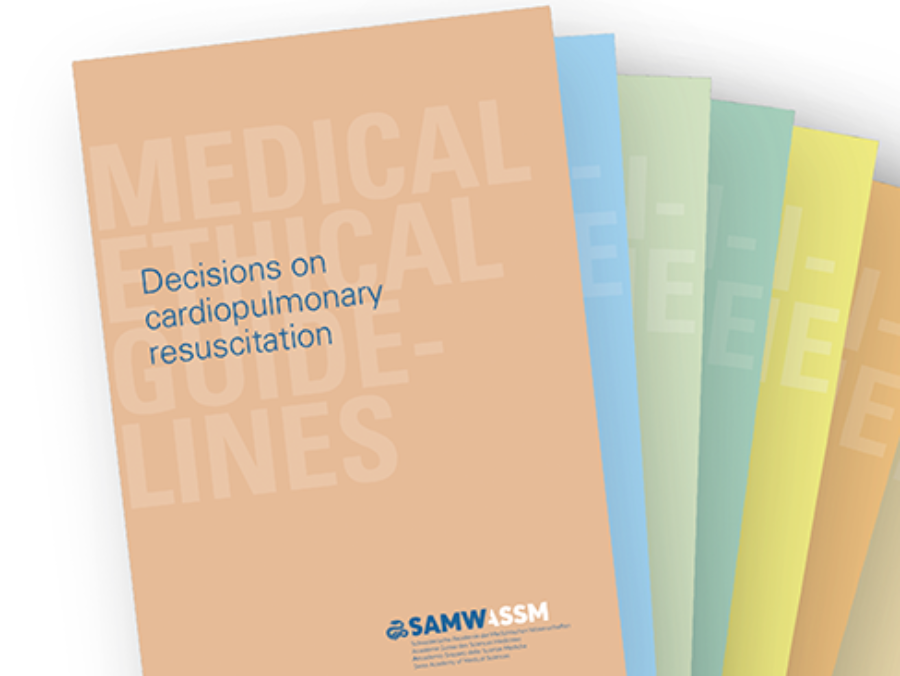
Ethics
05.08.2025
Flyer on the medical-ethical guidelines
Our new flyer provides an overview of the medical-ethical guidelines of the SAMS. Available in four languages, it provides information on the role, function and legal significance of the guidelines. Three case studies illustrate how the guidelines help with difficult decisions in practice.
The guidelines cover a wide range of topics – from general to specific ethical issues. They have therefore been a key element of professional ethics for over five decades and an indispensable guide for health professionals. The flyer on the guidelines can be found on our website, where you can also order print versions free of charge in the desired quantity in English, German, French or Italian.
Flyer (PDF)

Projects
15.07.2025
smarter medicine: 40'000 francs to promote research
The association «smarter medicine – Choosing Wisely Switzerland», of which the SAMS is a founding member, is committed to optimizing healthcare in Switzerland. This year, it is once again awarding a grant for research projects and supporting two applications with up to CHF 20’000 each. Applications can be submitted until 26 September 2025.
The focus of this year’s call is «Patient Involvement in smarter medicine». It is open to research projects that encourage the collaboration of healthcare professionals and patients in outpatient and/or inpatient care settings. Projects can be submitted by individuals, research groups, or organizations. Further information and the application form can be found on the smarter medicine – Choosing Wisely Switzerland website (in French or German).
Visit the website
SPHN
14.07.2025
SPHN introduces new governance structure and funding scheme
With the formal signing of the mandate 2025–2028 by the Confederation, the governance structure of the Swiss Personalized Health Network as well as its funding instruments are evolving. SPHN’s goal for the next four years is to firmly anchor the infrastructure it has built for personalized medicine in Switzerland and to support more research projects with expertise. The funding for the core activities of SPHN is secured. A newly established Steering Board strengthens strategic oversight, while a Sounding Board ensures broad stakeholder involvement.
SPHN’s core financing from the ERI Dispatch 2025–2028 covers the Data Coordination Center (DCC) and the essential core services and infrastructures of the federated network components at hospitals, BioMedIT nodes, and national repositories. This adapted setup aims to establish the optimal foundations for the long-term coordination of clinical and health-related data from 2029 onwards. The strategy will be developed with SERI’s mandated expert group, in close alignment with the DigiSanté program of the Federal Office of Public Health and the Federal Statistical Office. Further information is available on the SPHN website.
Visit the website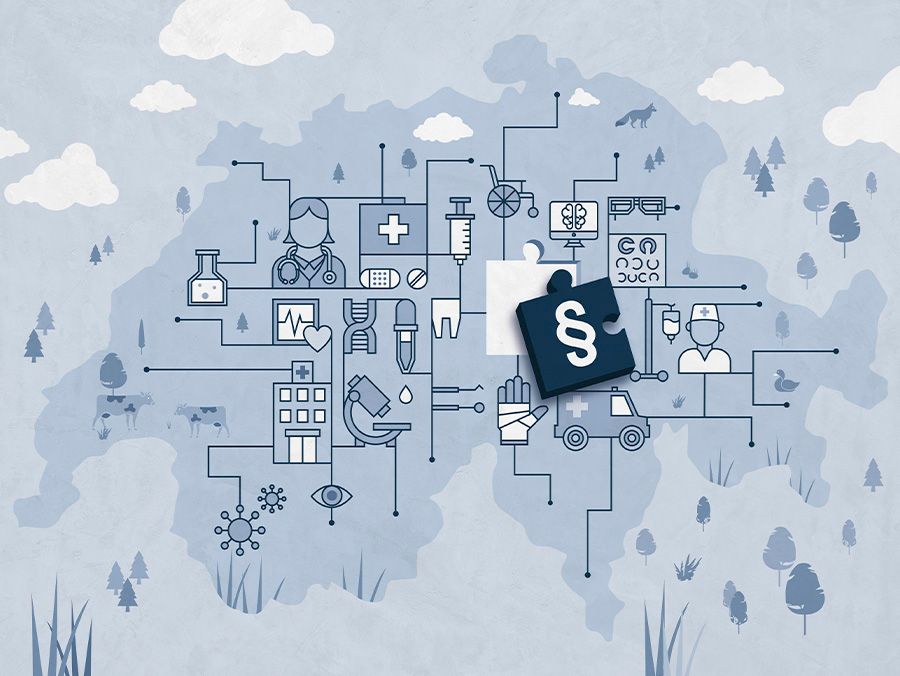
Projects
10.07.2025
Watch the webinar on the Federal Health Act online
On 25 June 2025, the Smarter Health Care Network held a webinar asking: Can a federal law cure what has been plaguing our healthcare system for years? This one hour-long webinar is now available to watch online.
Where does our current legal framework reach its limits? How could a Federal Health Act improve the situation? What are the chances of implementation, and what are the possible alternatives? These and other questions were discussed during the webinar. Would you like to find out more? Watch the recording on YouTube. Please note that the webinar is in French, with German slides.
Visit the website
Ethics
07.07.2025
Organ donation after assisted suicide? Medical-ethical considerations
The number of assisted suicides is on the rise. In some cases, people who intend to end their lives wish to donate their organs after death. In Switzerland, organ donation after assisted suicide is currently not practised. If this were to change, new medical-ethical questions would have to be clarified. The Central Ethics Committee (CEC) of the SAMS has published a position statement to initiate a discussion.
Organ donation and assisted suicide have been practised independently of each other in Switzerland for many years. When combined, however, this practice raises extended medical and professional ethical challenges. In addition, legal and organisational issues must be clarified in advance. The CEC addresses all of these issues in its position statement, thereby providing a solid basis for further discussion.
Download the statement, French version (PDF)
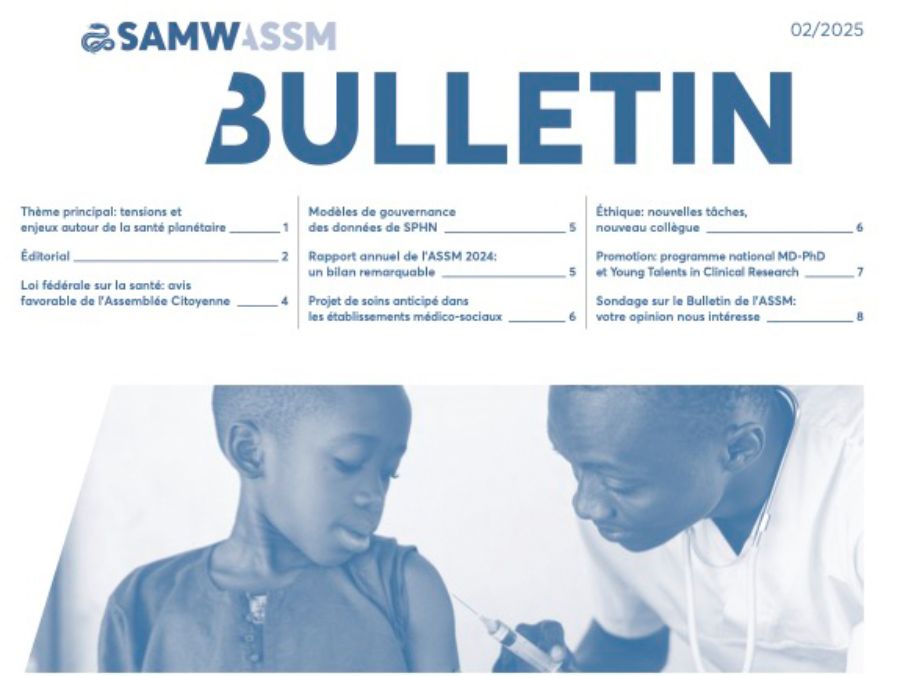
Publications
23.06.2025
Bulletin 2/2025: Challenges and tensions surrounding global health
Just a few years after the pandemic, the world is facing new challenges that have global health implications. These include significant reductions in development aid by some countries, including the United States. In the main article of the SAMS Bulletin, Professor Antoine Flahault calls for commitment to multilateral strategies, urging that the vision of a world with equitable access to healthcare must not be abandoned.
Other topics addressed in the SAMS Bulletin 2/2025 include data governance models within the Swiss Personalised Health Network, advance care planning in nursing homes, and the MD-PhD programme, with a breakdown of the 2025 requests. On the last page, we invite you to take part in a survey. We would like to hear your thoughts on the Bulletin to help us tailor it to the needs of our readers. You can download the Bulletin below or go to the «Publications» menu (in French or German).
SAMS Bulletin 2/2025, French version (PDF)
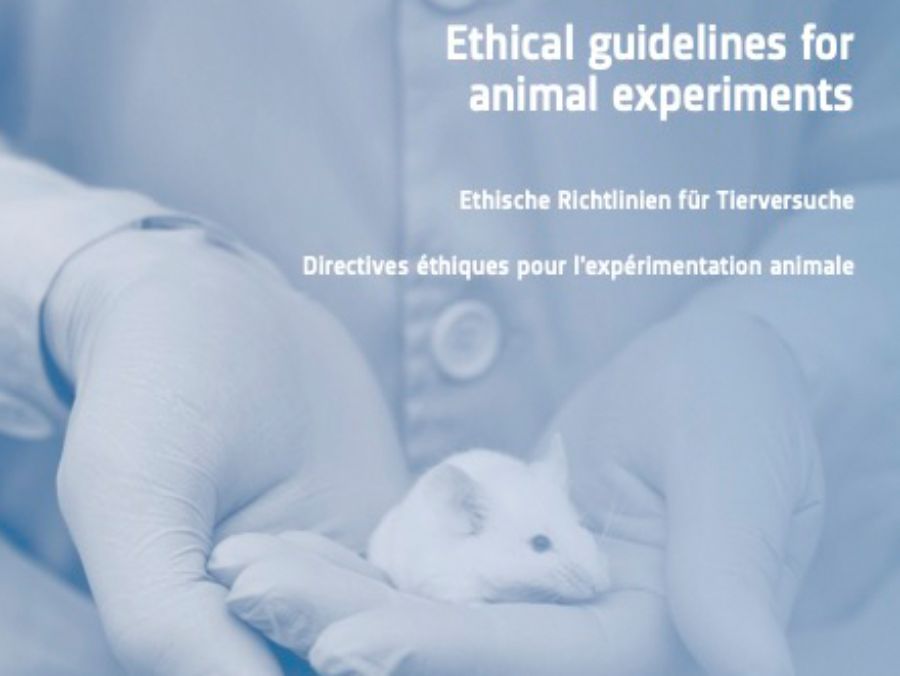
Projects
17.06.2025
Ethical guidelines for animal experiments
The Swiss Animal Welfare Act permits the use of animals for certain scientific purposes; at the same time, however, it requires that the dignity of animals be respected and their welfare protected. The revised ethical guidelines for animal experiments are designed to clarify the margin of discretion left by the legislation and to encourage researchers to reflect on the handling of animals in their experiments.
Almost 20 years after the last revision (2005), the Ethics Committee for Animal Experimentation (ECAE) – a body jointly operated by the SAMS and the Swiss Academy of Sciences (SCNAT) – has updated the ethical guidelines for animal experiments in the light of new scientific knowledge and research methods, as well as changes in the legal framework. The revised guidelines are available in three languages (English/German/French) and can be downloaded free of charge.
Download the guidelines (PDF)
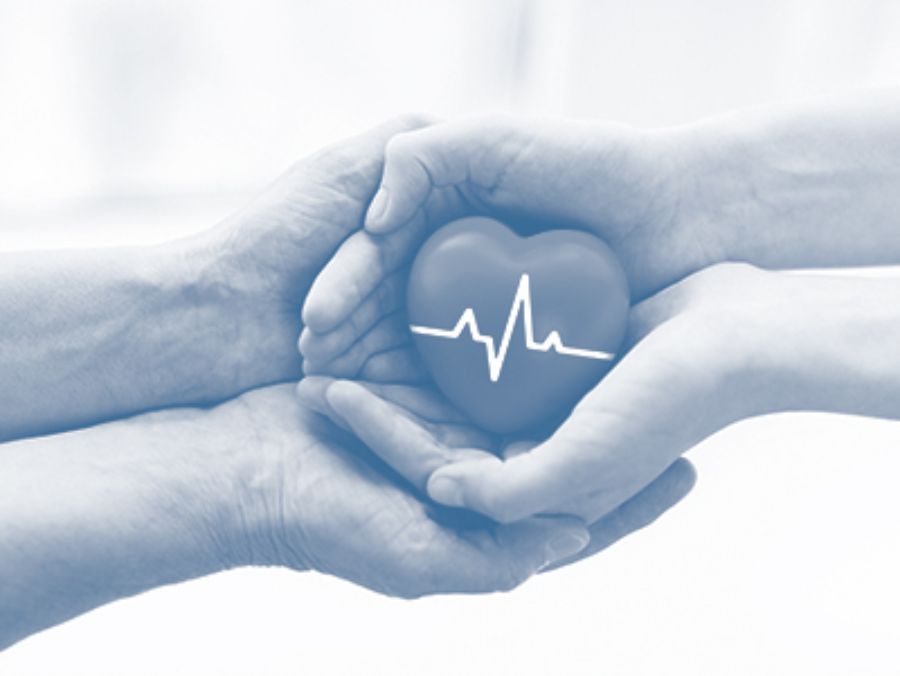
Ethics
16.06.2025
Consultation: Guidelines «Determination of Death with Regard to Organ Transplantation»
Switzerland is changing its organ donation system by adopting an extended presumed consent model. The new legislation requires revisions to the SAMS guidelines. The Academy is taking this opportunity to comprehensively revise the 2017 guidelines. The subcommittee responsible has examined the new medical developments and updated and expanded the guidelines accordingly. The three-month public consultation period begins today. Feedback can be submitted until 19 September 2025.
A medically reliable determination of death is a crucial prerequisite for post mortem organ removal. The SAMS medical-ethical guidelines establish a standardised procedure for this and provide clarity through defined processes, requirements for the training of specialists, as well as principles for transparent communication. All interested institutions and individuals are invited to comment on the draft guidelines. Detailed information and all necessary documents can be found on our dedicated webpage.
Invitation to comment, French version (PDF)

Ethics
13.06.2025
New topic page: Medical-ethical considerations on assisted suicide
Assisted suicide is a controversial topic, raising numerous medical-ethical questions. The SAMS has long been concerned with this subject. In the guidelines on «Management of dying and death», a separate chapter is dedicated to assisted suicide. The SAMS provides a sound medical-ethical framework for physicians who have to make complex case-by-case decisions on assisted suicide. A new topic page delves deeper into this complex issue and answers frequently asked questions (FAQ).
In Switzerland, every physician is free to decide whether or not to provide assisted suicide. The SAMS guidelines give medical-ethical guidance for those in the medical profession who are willing to consider it. The new topic page offers a comprehensive overview of the legal framework and the role of physicians, as well as the conditions for medical-ethical responsible assisted suicide in accordance with the guidelines. The FAQ section explains key aspects of the ethical, social, and political debate in easily understandable terms.
Visit the website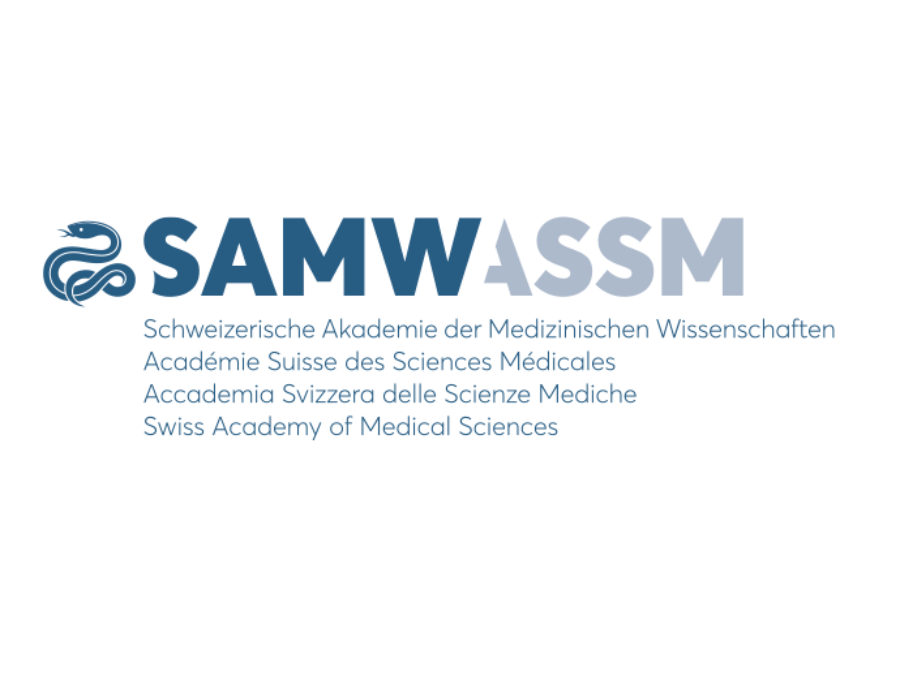
Academy
12.06.2025
The SAMS’ Senate is growing and becoming more female
In its meeting on June 10, the Senate elected additional individual and honorary members from various disciplines and institutions. For the first time, there is a clear majority of women: eight of the nine newly elected members are women.
The Senate is the highest organ of the SAMS and comprises a total of about 280 members. Elections are usually held during the summer meeting in May/June, and new members are officially admitted during the Senate meeting in November. All names of the newly elected can be found in our newsletter of 12 June 2025 (in French).
Further information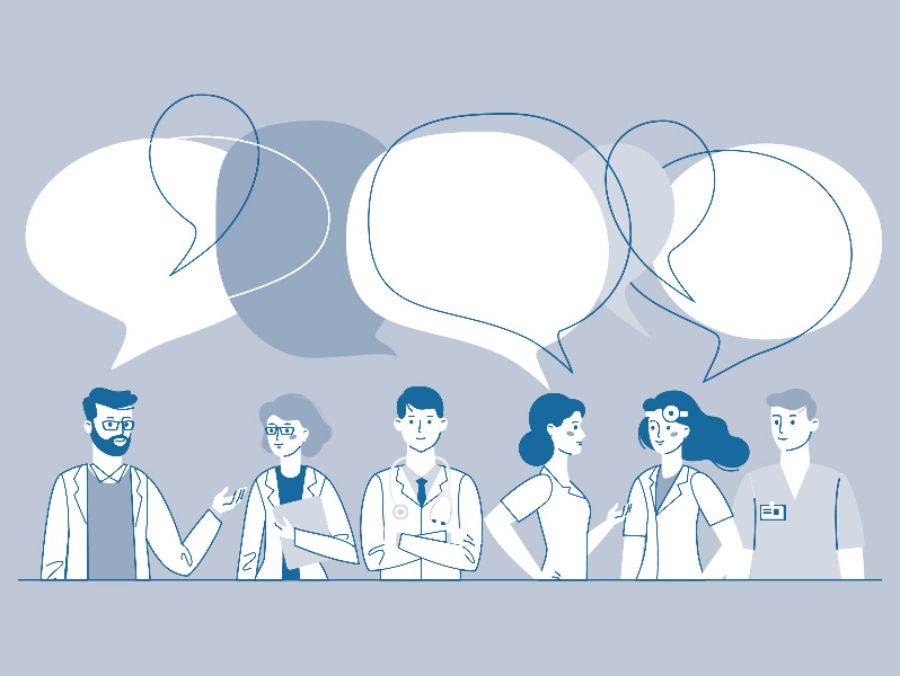
Projects
05.06.2025
Advanced Practice Nurses: a sound factual basis
Over the last two decades, the Swiss educational landscape has undergone fundamental changes in the health sector. The integration of health professions into the national education system has given rise to a large number of new training pathways, with the emergence of so called advanced practice roles – first in nursing and then also in other health professions. A report commissioned by the SAMS aims to promote informed debate on this complex issue.
The author Prof. Urs Brügger (methodix) presents a variety of viewpoints and helps to bring this complex matter into sharper focus. It aims to provide decision-makers with a sound factual basis for pursuing discussions on the classification, regulation and integration of Advanced Practice Nurses (APNs) within the Swiss health system. The report includes a summary in English and French. The complete French version of the report will be published here by the end of June. The recommendations included in the report are those of the author. The SAMS intends to explore this topic in more depth in the coming months. Further information will be provided via our Newsletter and published here on our website.
Report in German with a summary in English (PDF)
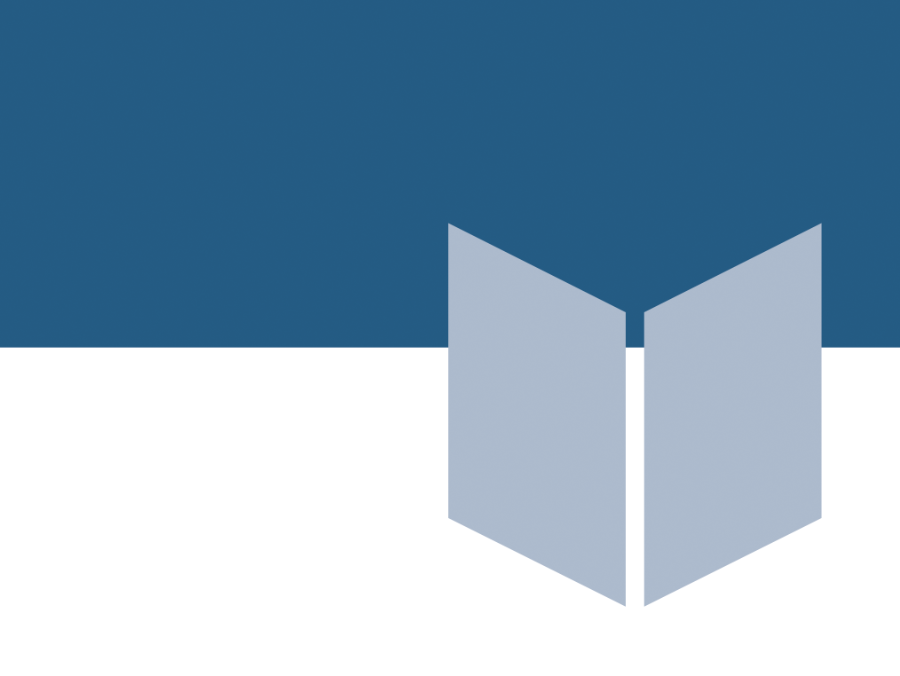
Agenda
23.05.2025
Invitation to the Meet & Greet of the Biomedical Libraries
The «Biomedical Libraries» Commission, hosted by the SAMS, is holding a Meet & Greet. This year’s event will take place on Tuesday, 12 August 2025 in Zurich. Participation is free of charge, registrations are requested until 13 July 2025.
Under the title «Innovative Teaching in Swiss Medical Libraries – Current Trends and Perspectives», the «Meet & Greet» is dedicated to teaching and training activities within Swiss medical libraries. The program will feature insights and discussions on self-education and e-learning tools, artificial intelligence (AI) in teaching and educational offerings for medical students and clinicians.
Download the program (PDF)

SPHN
22.05.2025
Register now: PHRT-SPHN Conference 28–29 August 2025
On 28–29 August 2025, the Swiss Personalized Health Network (SPHN) and its sister initiative Personalized Health and Related Technologies (PHRT) from the ETH Domain host the conference «From Technology to Treatment: Advancing Precision Medicine» in Zurich. Register now and come explore with us the latest advances in personalized medicine.
The two-day event will bring together international leading experts from academia, healthcare, and industry to explore the latest breakthroughs in personalized medicine. The conference focuses on how cutting-edge technologies can transform clinical practice and improve patient care. Click the link below for the program and registration. The event will be held in English.
Visit the website
Projects
20.05.2025
The SAMW is ending its co-funding of the Cochrane Library
At the end of 2024, the SAMW renewed its financial commitment to national license for the Cochrane Library for another year. This means that healthcare professionals and the entire Swiss population will continue to have free access to evidence-based information that helps them make informed healthcare decisions. However, the Academy will withdraw from this funding in 2026.
There are two main reasons why the SAMS has decided to end its financial commitment. Firstly, in its role as a catalyst, the Academy only funds projects for a limited period of time. Secondly, the development of federal contributions for the period 2025–2028 necessitates budget cuts in certain areas. Until the end of the year, the SAMS will continue to cover two thirds of the licensing costs. Unfortunately, we have not found an institution through our contacts willing to take over this share. If you have any questions or are interested in co-financing, please visit our website for more information and contact details.
Visit the website
Academy
29.04.2025
The SAMS Annual Report 2024 is online
The year 2024 of the SAMS has featured inspiring ideas, revealing insights and successfully completed milestones. As a result, the Academy's activities attracted significant attention.
The retrospective continues to be the heart of our online annual report. It provides an overview of past year's activities. The different colours by department show the variety of our activities and our commitment to science, medicine and society. Scroll through the eventful year 2024 once again or download a printable PDF of the report (available in French or German).
Download the report, in French (PDF)

Academy
24.04.2025
CAS One Health: Sustainable health for humans, animals and the environment
To successfully tackle the complex problems of our time, all disciplines, sectors and population groups must work together. This also applies to medicine. That is why the One Health approach aims to restore the balance between humans, animals and ecosystems. The University of Bern is launching Switzerland's first CAS on this topic. The program starts in September 2025 and the application deadline is 31 May 2025.
The One Health approach, which the SAMS supports in its position papers, proposes to extend the recognition of the ecosystem-animal-human interconnection into professional actions, aiming at sustainably maintaining health in the broadest sense. Among others, the «Network for Transdisciplinary Research» (td-net) of the Swiss Academies of Arts and Sciences (a+) supports the CAS One Health at the University of Bern. Detailed information is available on the program website. The SAMS’ position paper «Promotion of health services respecting planetary boundaries» can be downloaded in French and German.
Position paper, French/German (PDF)

Projects
23.04.2025
smarter medicine: Top 5 lists for occupational therapy and pharmacy
The association «Smarter Medicine – Choosing Wisely Switzerland», of which the SAMS is a member, is committed to optimising healthcare in Switzerland. It encourages professional societies to draw up Top 5 lists defining interventions that should be avoided altogether or only used under specific conditions. In April 2025, the Swiss Association of Occupational Therapists (ASE) and the Pharmaceutical Care Network Switzerland (PCN-S) published their Top 5 lists.
The publication of these two lists continues a welcome development: the ASE and PCN-S – in collaboration with the Swiss Pharmacists Association and the Swiss Association of Public Health and Hospital Pharmacists – are two further non-medical health associations that have each compiled a Top 5 list. This clearly shows that there is also a problem of under- and over-treatment in these fields. The associations aim to counteract this phenomenon and to promote knowledge transfer between the various healthcare sectors. All Top 5 lists are available on the smarter medicine website (French or German).
Visit the website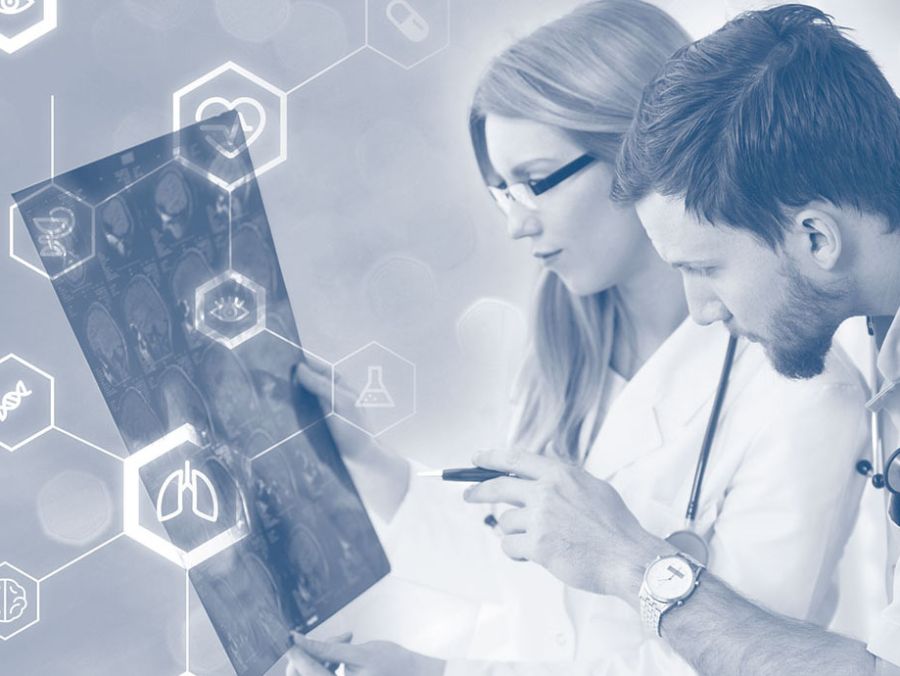
Funding
01.04.2025
Young Talents in Clinical Research: Call 2025
With the Young Talents in Clinical Research program, the Gottfried and Julia Bangerter-Rhyner Foundation and the SAMS wish to encourage young medical doctors to start out in clinical research. In 2025, CHF 1 million is made available to finance protected research time and small research projects for junior researchers. The submission deadline is 30 June 2025.
The YTCR program comprises two funding instruments: Beginner Grants and Project Grants. Its target audience are residents who wish to be freed from clinical duty to gain a first experience in clinical research. Applications must be written in English and registered online. More information on the participation criteria, submission and evaluation procedure can be found in the program regulations, on our website, and in the FAQ.
Visit the website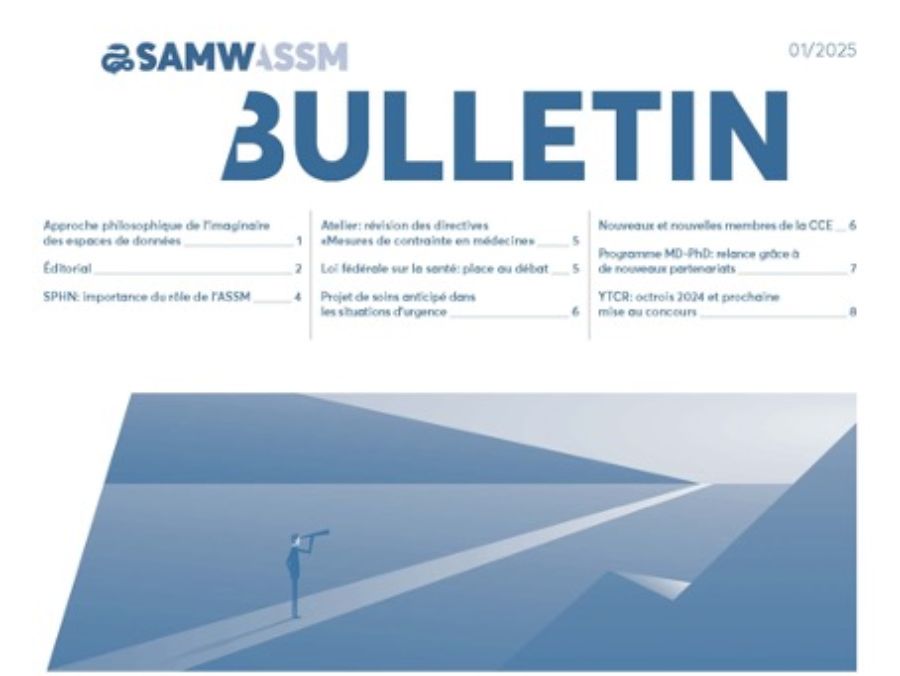
Publications
25.03.2025
Real-world studies in medicine: opportunities and risks
Health-related activities, such as those of hospitals and insurance companies, generate large amounts of data every day. This so-called «real-world data» can be used in various ways for health research and is attracting a lot of attention. In the lead article of the current SAMS Bulletin, Dr Michaela Egli, philosopher and project manager at the Swiss Personalized Health Network (SPHN), discusses the opportunities and risks of real-world studies.
Bulletin 1/2025 also features the first editorial by Prof. Arnaud Perrier, who, as SAMS President, puts the importance of health data and SPHN into perspective. Prof. Urs Frey reflects in a «Carte blanche» on his time als SPHN-president and the role of the SAMS. Information from the Careum event on the Federal Health Act and news from our Departments Ethics and Promotion round off the first issue of the year.
SAMS Bulletin 1/2025, French version (PDF)

SPHN
17.03.2025
Swiss Personalized Health Network ensures continuity
The development phase of the Swiss Personalized Health Network (SPHN) was successfully completed at the end of 2024. Over the next four years, the network will focus on maintaining and establishing its services and infrastructures. From 2029, SPHN aims to become an integral part of the national data infrastructure.
For the 2025–2028 funding period, SAMS will be responsible for the mandate of SPHN’s Data Coordination Center (DCC) and will continue its successful collaboration with the SIB Swiss Institute of Bioinformatics. The federal government plans to support the DCC with CHF 20.7 million over the next four years. In the future, the network partners will also be increasingly involved financially. This will broadly support the transition from a national funding initiative to an integral part of the data infrastructure. More information on the future of SPHN can be found in our newsletter.
Further information
Academy
13.03.2025
«Science et politique à table!»: Is assisted suicide in Switzerland sufficiently regulated?
With «Science et Politique à table!», the Swiss Academies of Arts and Sciences (a+) invite members of parliament to discuss current topics with experts from the scientific community. On March 4, 2025, the discussion focused on the appropriate legal and institutional framework for assisted suicide in Switzerland. The summary of the discussions, the speakers' presentations as well as relevant contacts are now available on the a+ website.
In recent years, the number of assisted suicides relative to all deaths has increased significantly in Switzerland: from 0.2% (1999) to 2.1% (2022). If this trend continues, the proportion is likely to be 5% in 10 to 15 years. The legal framework for assisted suicide is defined by the Swiss Criminal Code and the Narcotics Act. The medical-ethical guidelines of the SAMS provide guidelines for physicians, but assisted suicide is largely in the hands of private institutions. At what point does self-regulation reach its limits? What options are there for action? Related documents and contacts can be found on the a+ website.
Summary of the discussion, in French (PDF)

Projects
06.03.2025
Forum of the ETHICH Consortium: Save-the-Date and Call for Abstracts
On September 2 2025, the Swiss Consortium for Sustainable Health and Ecological Change in the Health System (ETHICH), founded by the SAMS, is organizing a national forum in Bern. New projects and initiatives will be presented, and the exchanges initiated during the two previous editions will be continued and strengthened. Abstracts of projects can now be submitted.
Projects may be specific to the topic of this year's Forum «Resource consumption in the healthcare sector - from oversupply to a circular economy» or on one of the seven proposals of the position paper «Promotion of health services respecting planetary boundaries» (SAMS, 2022). Abstracts can be submitted in English, German or French until May 31 2025. Further information can be found on the website.
SAMS position paper, in French (PDF)

SPHN
03.03.2025
SPHN: New group leader of the SIB Personalized Health Informatics Group
Dr. Davide Chiarugi joins SPHN as the new leader of the SIB Personalized Health Informatics Group (PHI), succeeding Katrin Crameri. With a PhD in Computer Science and extensive leadership experience, he brings strong expertise in data management and coordinating multi-stakeholder projects.
In the past years, Dr. Chiarugi led different groups in the domain of data-driven research, scientific computing, and data management in the context of prestigious institutions such as the Max Planck Society and the University of Cambridge (UK). In his new role, Dr. Davide Chiarugi will oversee the part of the SPHN Data Coordination Center (DCC) that is hosted by the SIB Swiss Institute of Bioinformatics in Basel. The general management of the SPHN DCC is under the responsibility of Thomas Geiger. More information can be found on the SPHN website.
Visit the website
SPHN
27.02.2025
New SPHN guidance for genomic data in human research
The secondary use of human genomic data not only offers significant opportunities for research, but also entails considerable responsibility. The new guidance of the Advisory Group for Ethical, Legal and Social Implications (ELSIag) of the Swiss Personalized Health Network (SPHN) offers practical ethical recommendations.
The guidance particularly addresses challenges regarding autonomous decision-making and the responsible communication of genetic findings, privacy protection and data access conditions for genomic data. It also emphasizes the importance of active participation of patients and citizens in genomic research. The guidance aims to promote a harmonized national approach to genomic data governance, enabling both national and international collaboration. By adopting these recommendations, stakeholders can help establish a trustworthy framework for genomic research.
Guidance (PDF)

Academy
25.02.2025
Focus on interprofessionality and patient involvement
In our last Newsletter in 2024, we invited our readers to express their wishes regarding the SAMS. From the responses we received, the three most common themes were: promoting all health professions, involving patients and the public, and strengthening primary care.
«If you were to take over from Prof. Arnaud Perrier as head of the SAMS in 2025, what topics would you focus on?» This was the question we asked. Even before the detailed evaluation it was clear that the promotion of all health professions was high on the list of concerns. For example, there is a desire for an MD-PhD program like the one available for doctors interested in research. More ideas can be found in our newsletter published today (available in French or German).
Further information
Funding
19.02.2025
Call open: For Women in Science
«For Woman in Science» is the successful global cooperation of UNESCO and L'Oréal. Since 1998, these two partners have been promoting women in science, fostering gender equality and highlighting the visibility of women in research as role models. The Swiss Program is launched in 2025 in partnership with the Swiss Academy of Engineering Sciences (SATW).
For this first edition, the program will award a total of CHF 100’000 distributed in 4 endowments of CHF 25’000 each to postdoctoral female researchers conducting exceptional work in STEM fields in Switzerland. The call for applications is also open to medical professionals. Registration is possible until 31 March 2025. Details can be found online.
Visit the website
Projects
18.02.2025
Federal Health Act: time to debate
The SAMS is convinced that the major challenges in the healthcare system cannot be solved with the current governance mechanisms and legal basis. It has therefore launched the idea of a Federal Health Act. The advantages and disadvantages of such an Act were discussed at a meeting organized by the Careum Foundation in Zurich in early January and again by the Population council in Neuchâtel in mid-February.
Staff shortages, uneven distribution of services, poor digitalization, lack of a national strategies for health promotion and prevention, ever-increasing costs – the list of challenges is long and the concern is great. New solutions to these problems are regularly proposed, but they are almost never implemented due to a lack of governance instruments. The competences between the Confederation and the cantons are intertwined, and the Swiss Federal Health Insurance Act (KVG/LAMal) as the most important legal basis is reaching its limits. A Federal Health Act could clarify competences and create a basis for the necessary reforms. Read more on our project page, which also contains the discussion report of the Careum Foundation.
Discussion Report Careum, French version (PDF)

Funding
13.02.2025
National MD-PhD program: Call for proposals thanks to new partners
Since 1992, the SAMS, together with private foundations and until 2024 with the SNSF, has awarded each year a limited number of competitive MD-PhD grants. Thanks to new partnerships with foundations and associated faculties, the national MD-PhD program can be continued. The submission deadline for applications is 15 May 2025.
National MD-PhD fellowships offer young physicians interested in research the opportunity to complete a doctorate in natural sciences, public health sciences, clinical research or biomedical ethics. Thanks to partnerships with foundations and all major medical faculties as well as the EPFL, the program can be continued. The objectives remain unchanged, but the regulations and evaluation procedure have been slightly adapted. The most important changes and all information on application submission can be found in the FAQ and on the program website.
Visit the website
Ethics
12.02.2025
The SAMS guidelines in use: Collaboration between medical professionals and industry
For over 50 years the SAMS medical-ethical guidelines provide a theoretical basis and practical guidance on ethically challenging situations in everyday clinical practice. The SAMS illustrates the guidelines on an ongoing basis using concrete practical examples. The current issue focuses on «Collaboration between medical professionals and industry». It is now available on our website in French and in German.
Medical-ethical guidelines need to be put to the test in practice. In this context, not only one's own experiences are important, but also those of professional colleagues. It is for this reason that, since 2018, «Primary and Hospital Care» has published a series of case studies illustrating how various SAMS guidelines can be applied in practice. Previous topics have included for example cardiopulmonary resuscitation, coercive measures in medicine and assessment of capacity in medical practice. As of 2025, the «Gazette médicale» will carry on the series with part 9, dedicated to the collaboration between medical professionals and industry. Download this article here. All the previous articles are available on our website.
Download the article, French version (PDF)

Ethics
11.02.2025
Workshop on the revision of the guidelines «Coercive Measures in Medicine»
The Central Ethics Committee of the SAMS has set up a subcommittee to revise the guidelines «Coercive Measures in Medicine». As part of this revision, a discussion on the medical-ethical issues open to all professionals will take place in Berne on 22 May 2025. Registration is open until 30 April 2025.
The workshop, which will be held in French and German, presents the interim results of the revision process and provides a forum for in-depth discussion among experts. Take this opportunity to contribute your expertise to the medical-ethical debate, and play a role in the direction of the revision. Detailed information can be found in the programme (pdf). Participation is free but registration is compulsory.
Programm (PDF)
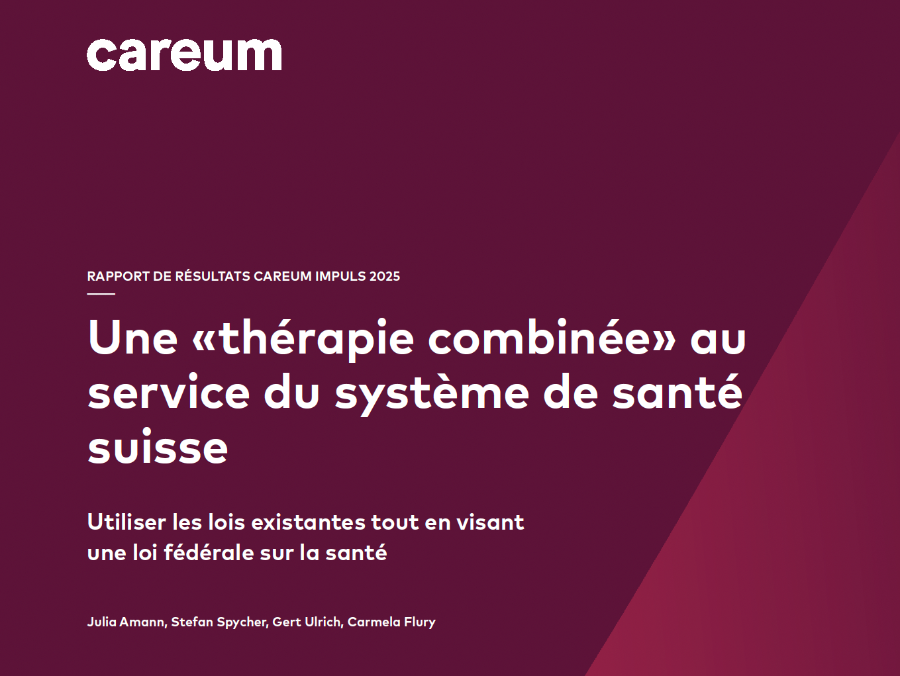
Publications
07.02.2025
Federal Health Act: report presents pros and cons
At the invitation of the Careum Foundation, an event was held on January 9, 2025 in Zurich to debate the pros and cons of a Federal Health Act. Conclusion: the healthcare system needs a «combination therapy» of immediate measures and long-term structural reforms. Find out more about the arguments put forward by the audience in the report published today by Careum.
Having launched the idea of Federal Health Act in 2024, the SAMS accepted the Careum Foundation’s invitation to explore the subject in more detail at an event. Representatives of various stakeholders in the healthcare system discussed the need for a paradigm shift and possible approaches. For further details, please consult the report (in French or German) and our topic page.
Download the Report, French version (PDF)

Funding
24.01.2025
Update of the Swiss Health Care Atlas with data for 2023
Our healthcare system gives cause for concern: costs keep rising, the shortage of healthcare professionals is an issue, and the number of chronically ill people is increasing. Can we identify a link between a given service and a region? Are there indicators to examine in order to improve the system? Can services be bundled regionally? The Swiss Health Care Atlas can provide answers to such questions.
The Swiss Health Care Atlas uses over 100 indicators to document the use of health services in Switzerland. Designed as a learning system, it is to be continuously updated. The indicators were recently expanded to include data for 2023. This creates a basis for health services research and can help to plan and manage resources according to needs. The SAMS had co-financed the first version of the Atlas and continues to promote its use. Visit the website for further information.
Visit the website
Projects
14.01.2025
Cochrane Library: Renewal of the national licence
The SAMS renewed the national licence for the Cochrane Library for the year 2025. The Cochrane Library is available free of charge to professionals, but also to the Swiss population, enabling everyone to make informed health-related decisions thanks to reliable information.
The Cochrane network has been working together for almost 30 years to produce systematic reviews without any commercial funding. It summarizes research findings in the field of medical care and serve as a reliable basis for evidence-based medicine. The national licence is financed by the SAMS, the Federal Office of Public Health, the Swiss Medical Association as well as university libraries and hospitals. More information can be found on our website.
Further information
Academy
09.01.2025
Become a member of the Swiss Young Academy
The Swiss Young Academy (SYA) brings together young researchers from a wide range of scientific disciplines. It creates an inspiring environment for inter- and transdisciplinary exchange. The current call for applications, with submission deadline on 28 February 2025, offers the opportunity to apply for a five-year membership.
The Swiss Young Academy consists currently of 42 members from different scientific disciplines and universities. They are regarded as the young voice of the Swiss Academies of Arts and Sciences and can raise concerns relevant to the next generation of researchers. Are you interested in becoming actively involved in the largest scientific network in Switzerland? New members with a background in medical sciences are welcome to apply. Please visit the JAS website for more information on the requirements and application procedure.
Visit the websiteAcademy
02.01.2025
Handover: Arnaud Perrier is now President of the SAMS
At the beginning of the year, Arnaud Perrier (left) took over the presidency from Henri Bounameaux. The latter will remain on the SAMS Executive Board as Vice President in order to actively support his successor. This ensures continuity within the SAMS.
Arnaud Perrier was elected as the new President of the SAMS by the Senate in June 2024. He has since familiarized himself with the Academy's tasks as a member of the Executive Board. The General Secretariat looks forward to working with this experienced clinician and clinical researcher, who was Medical Director at the Geneva University Hospitals (HUG) until the end of 2024. Visit our portrait page to get to know all members of the SAMS Executive Board.
Visit the website